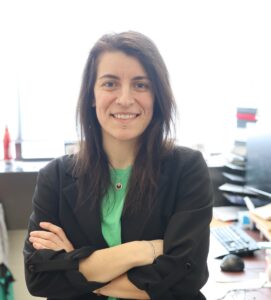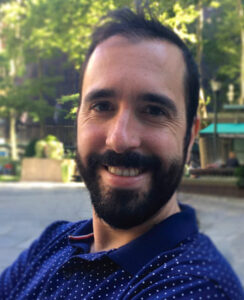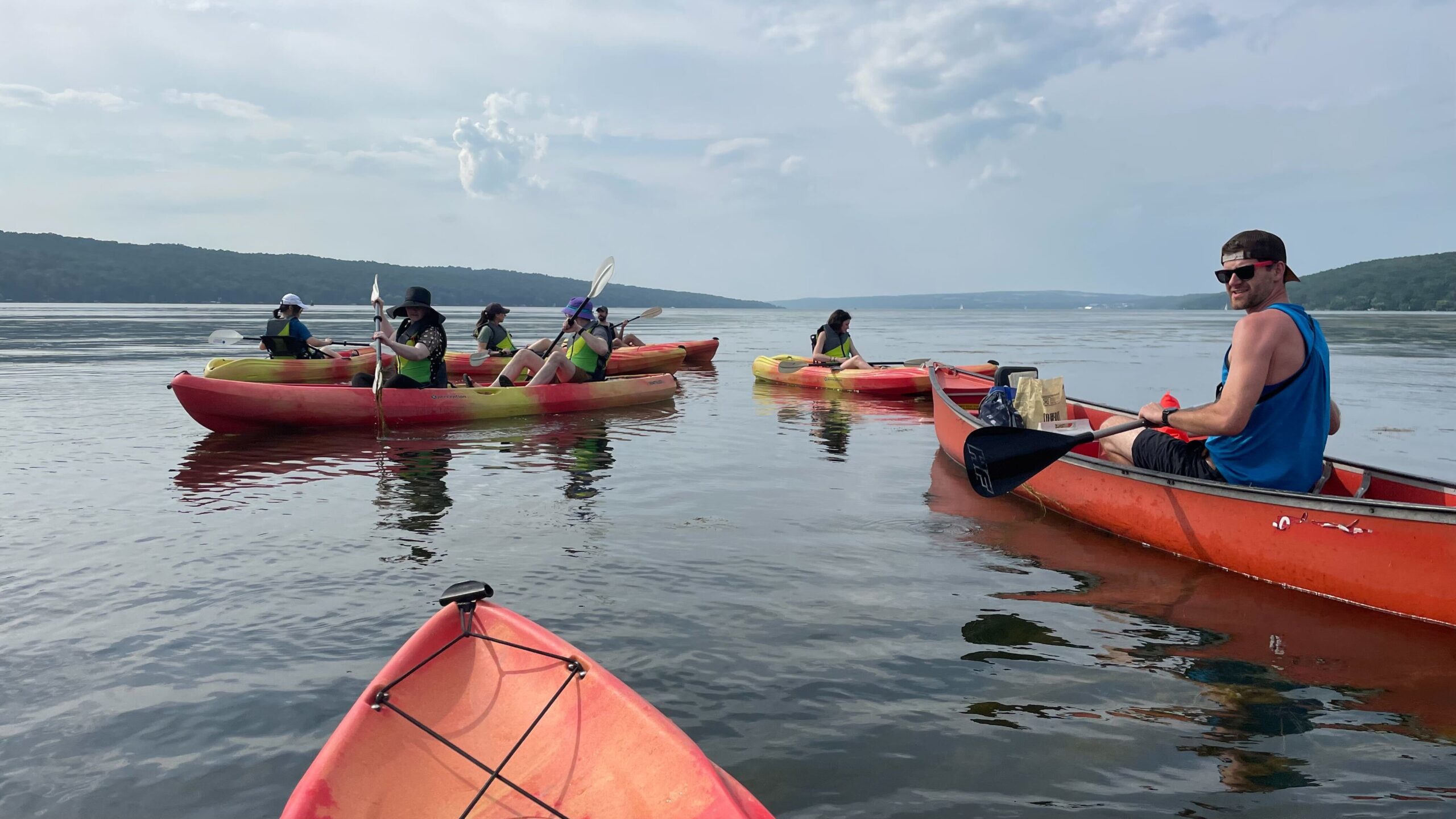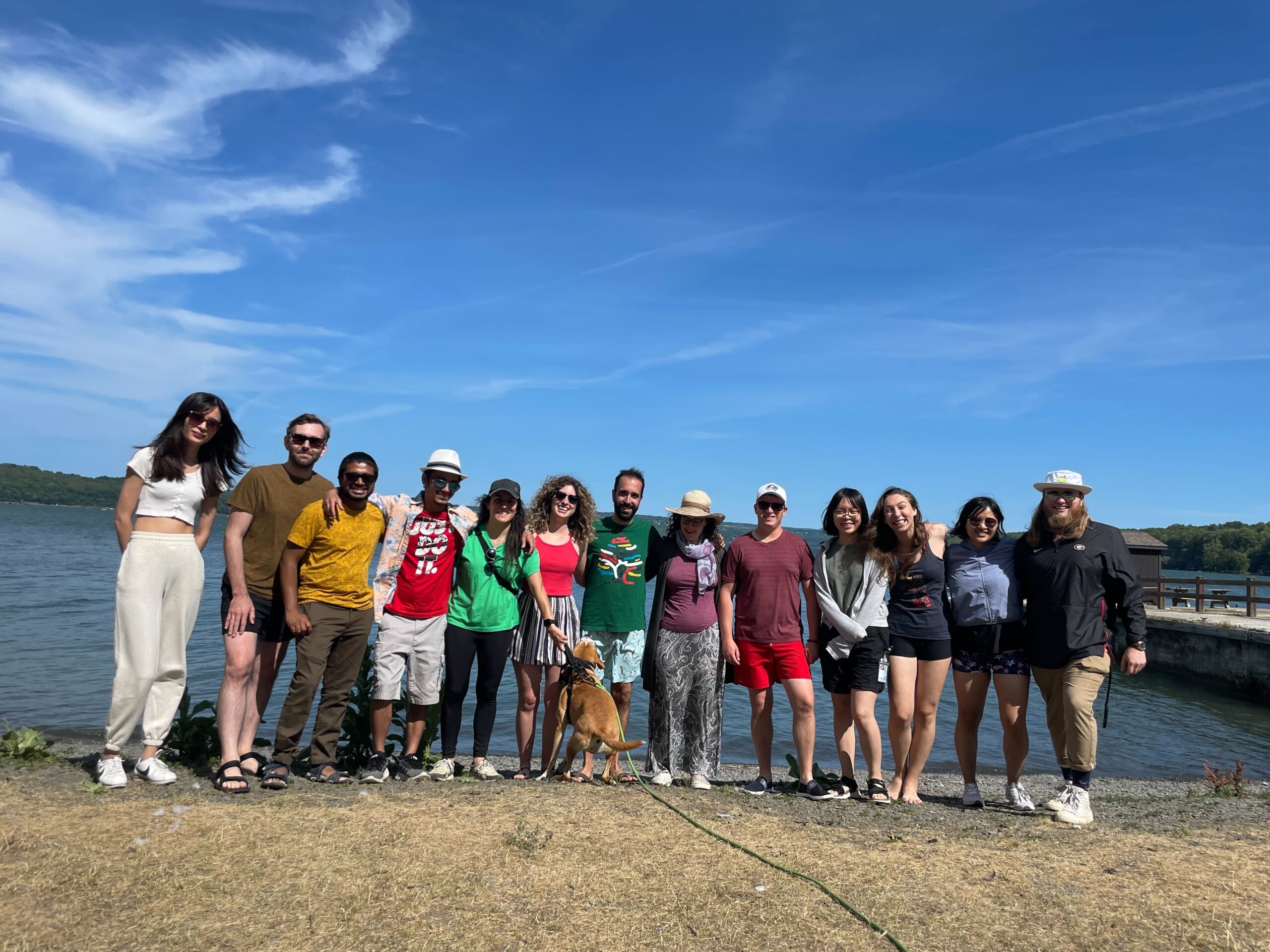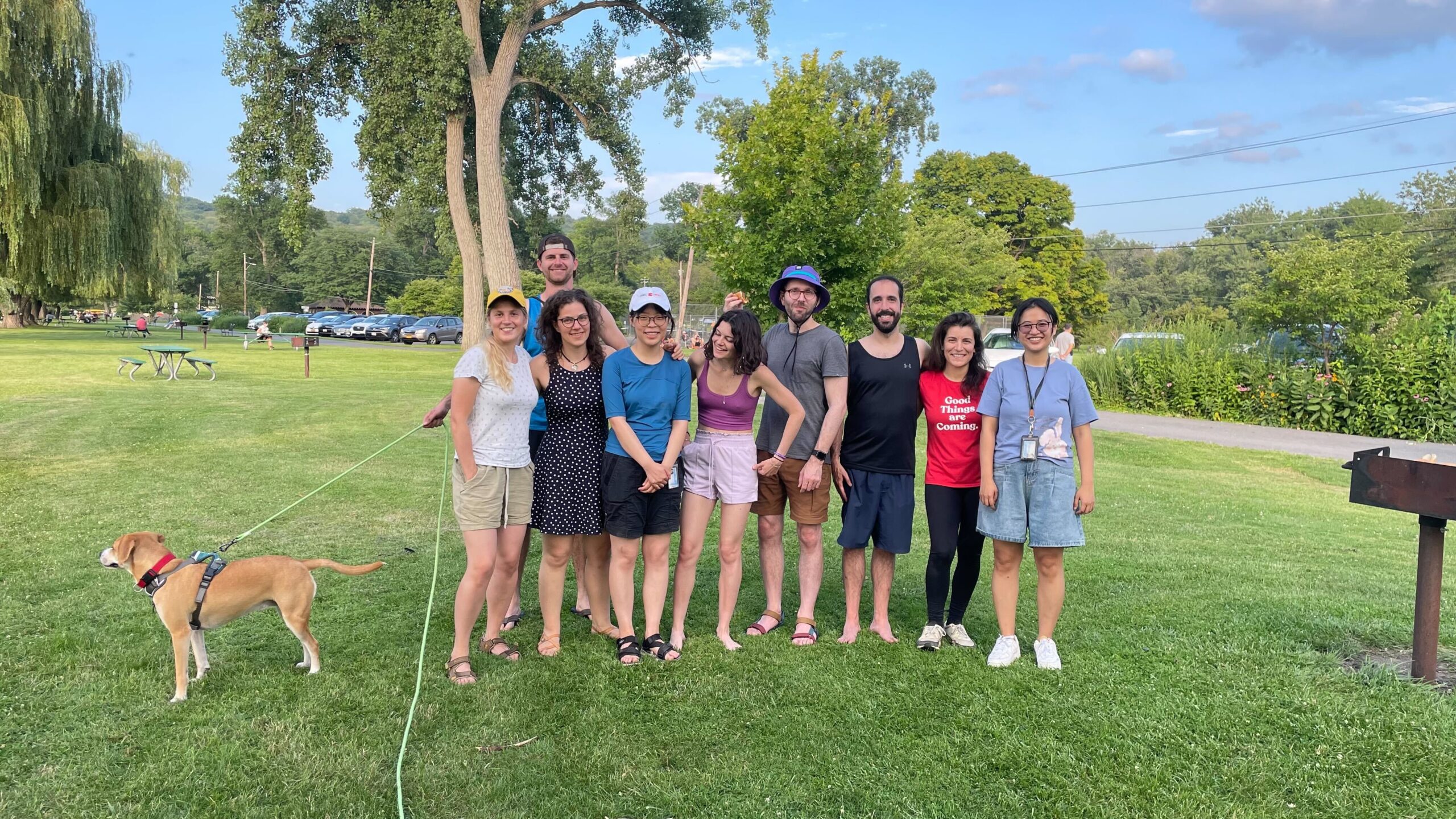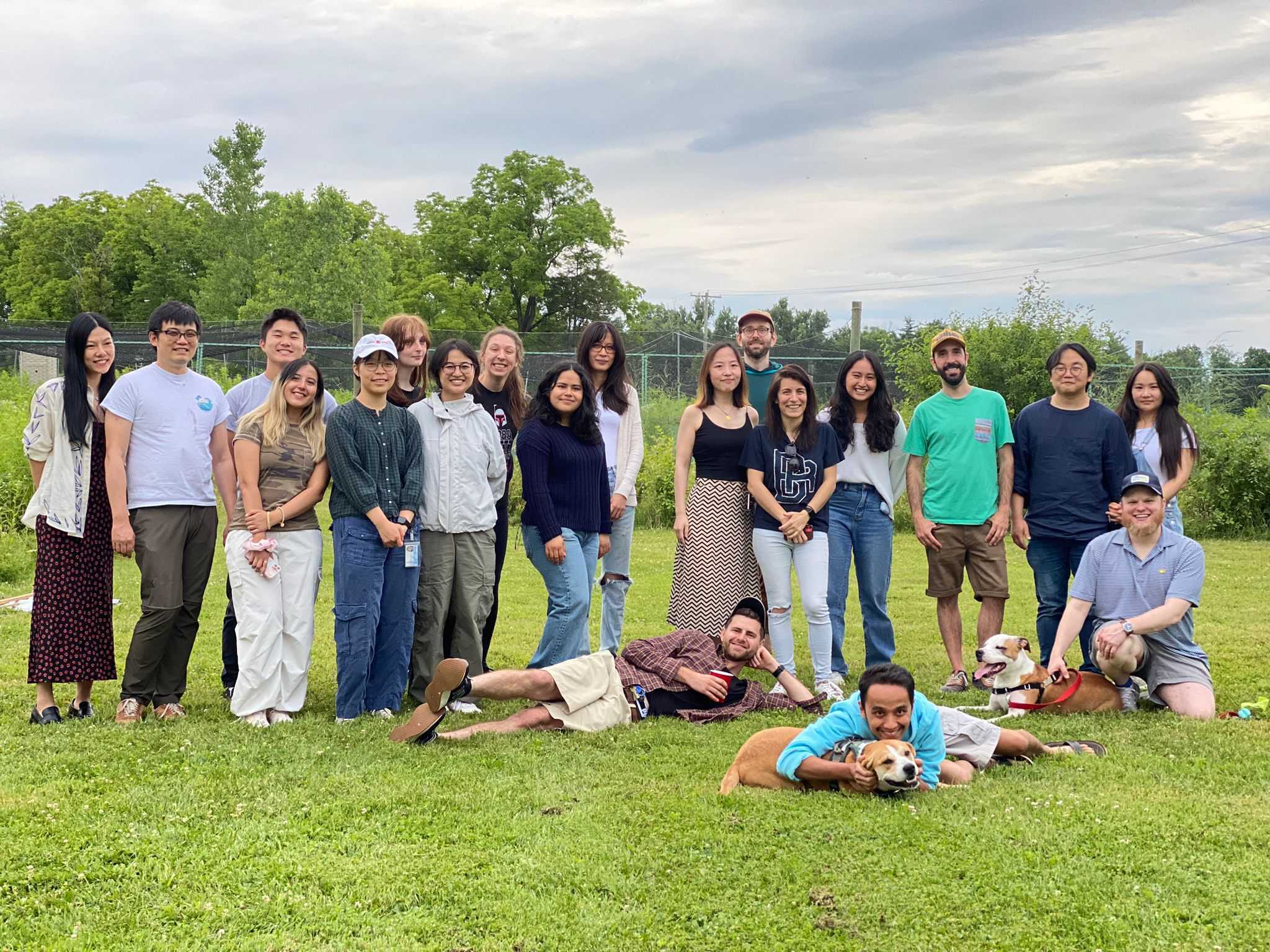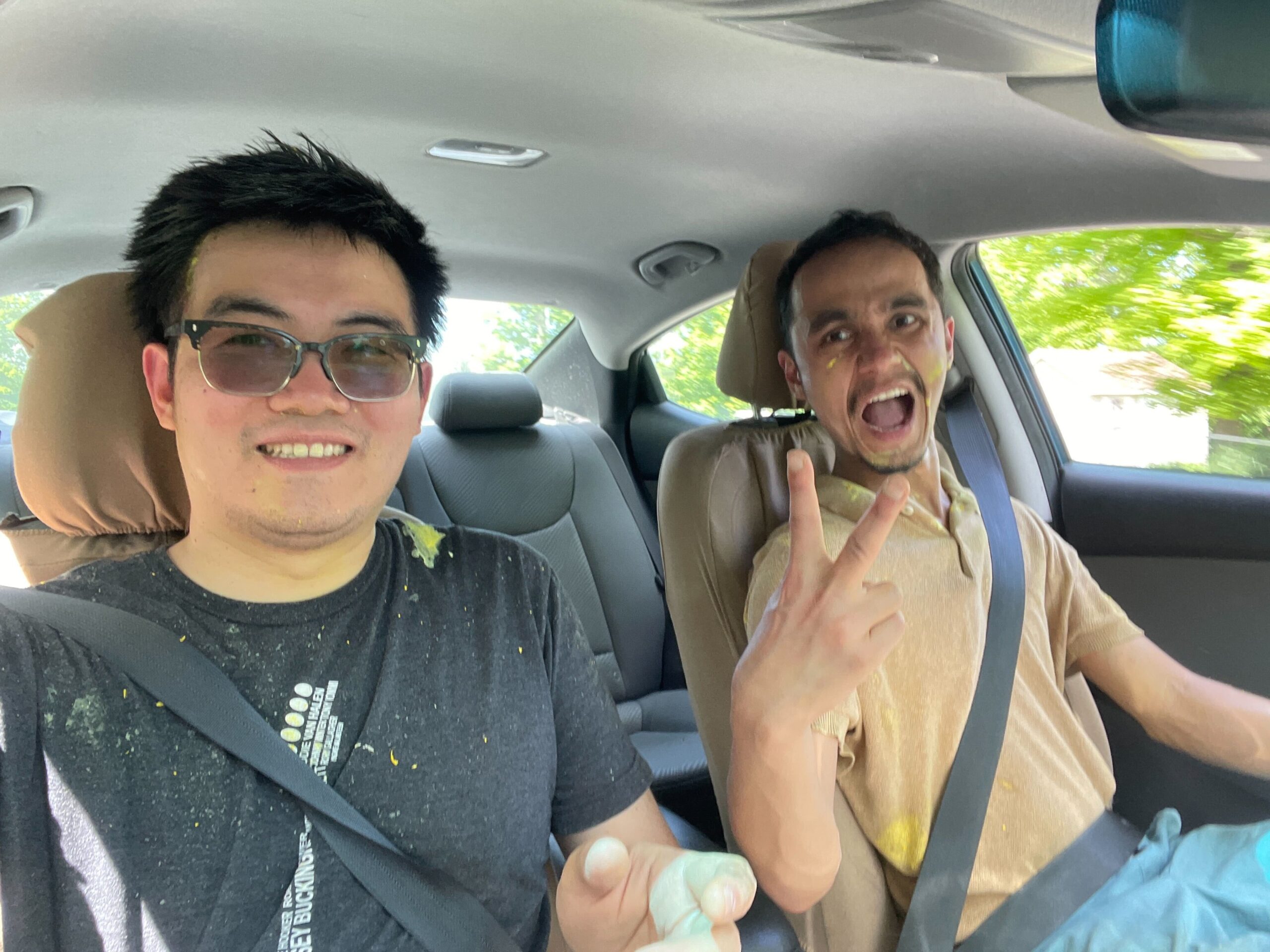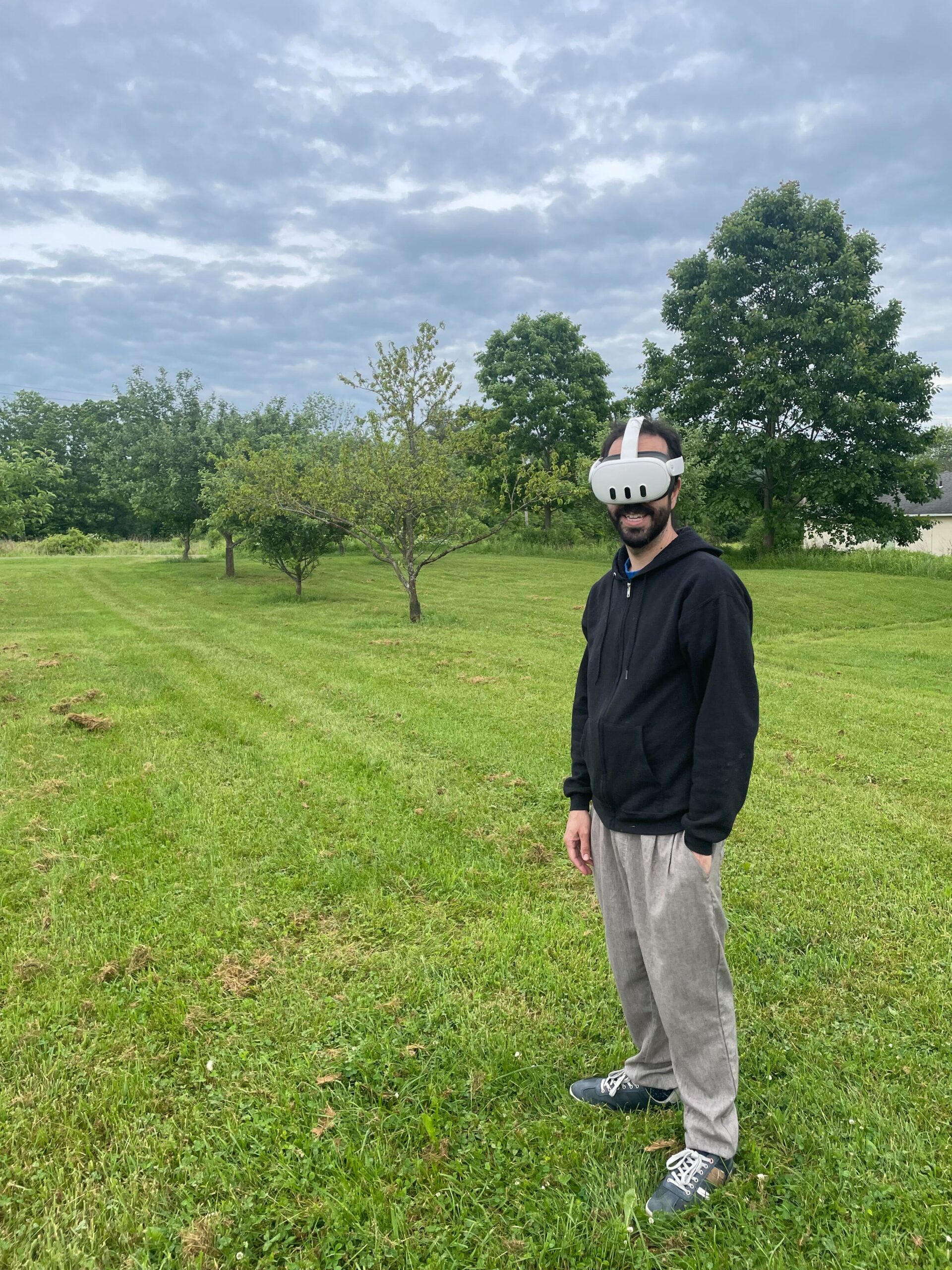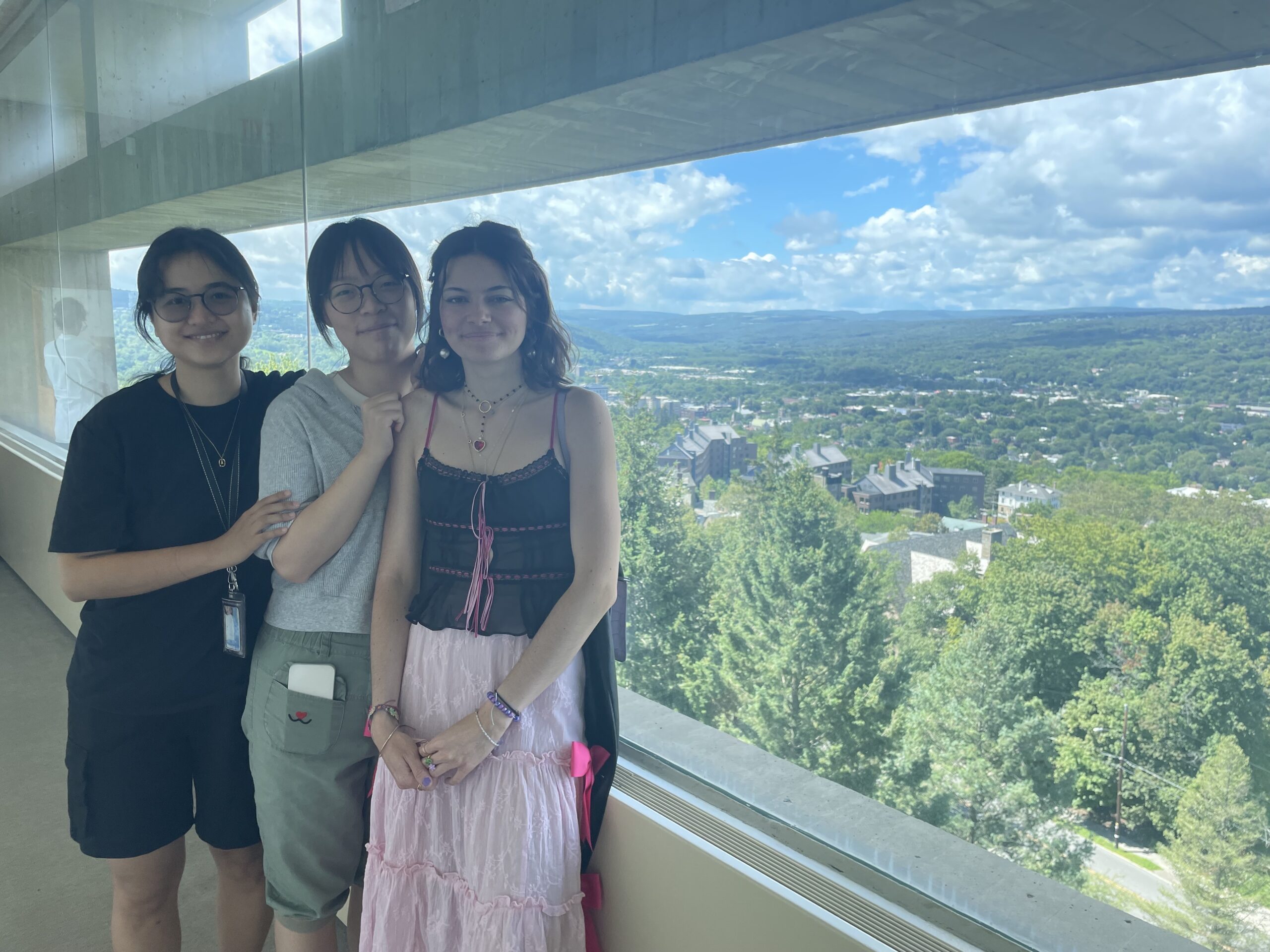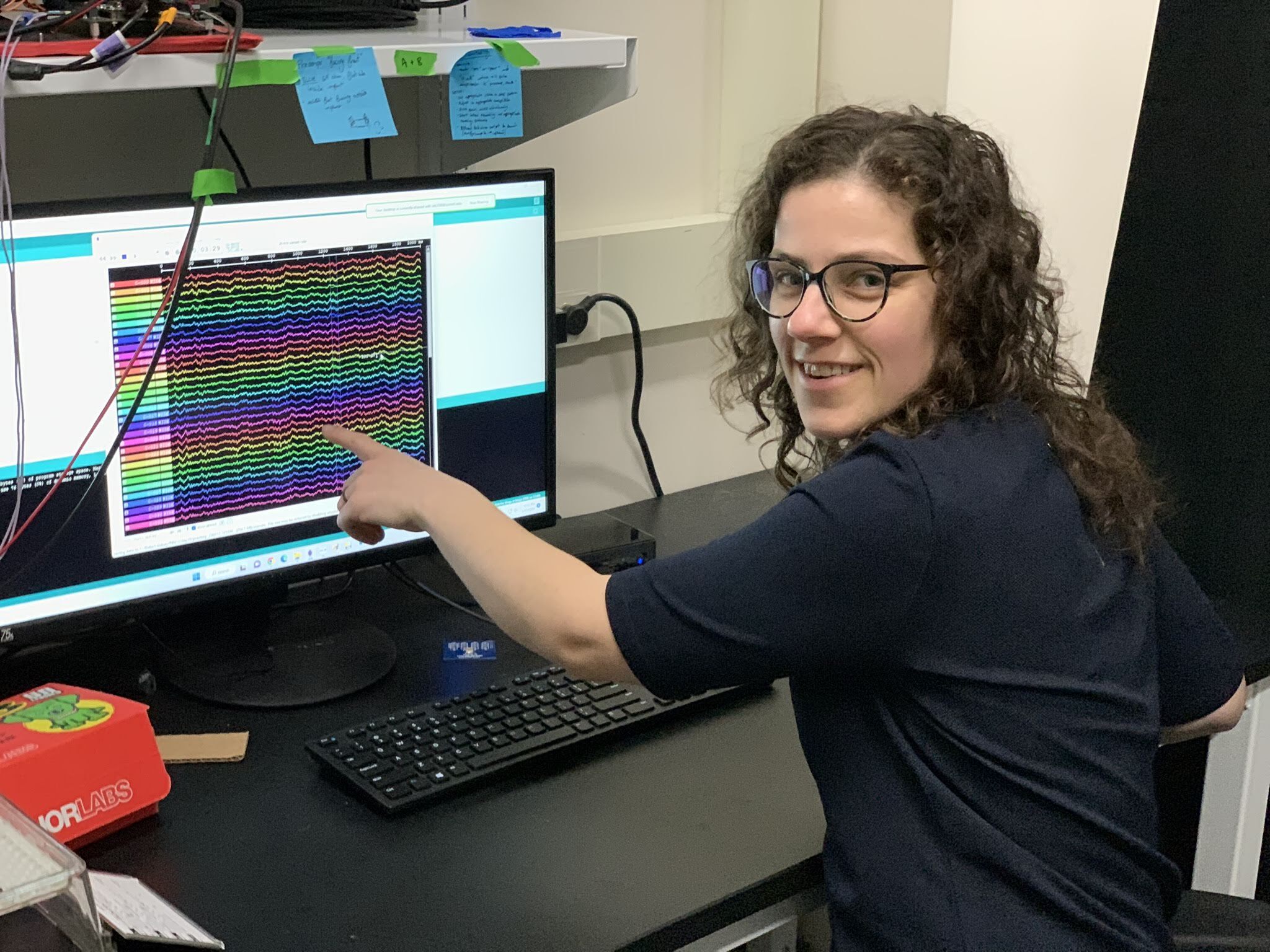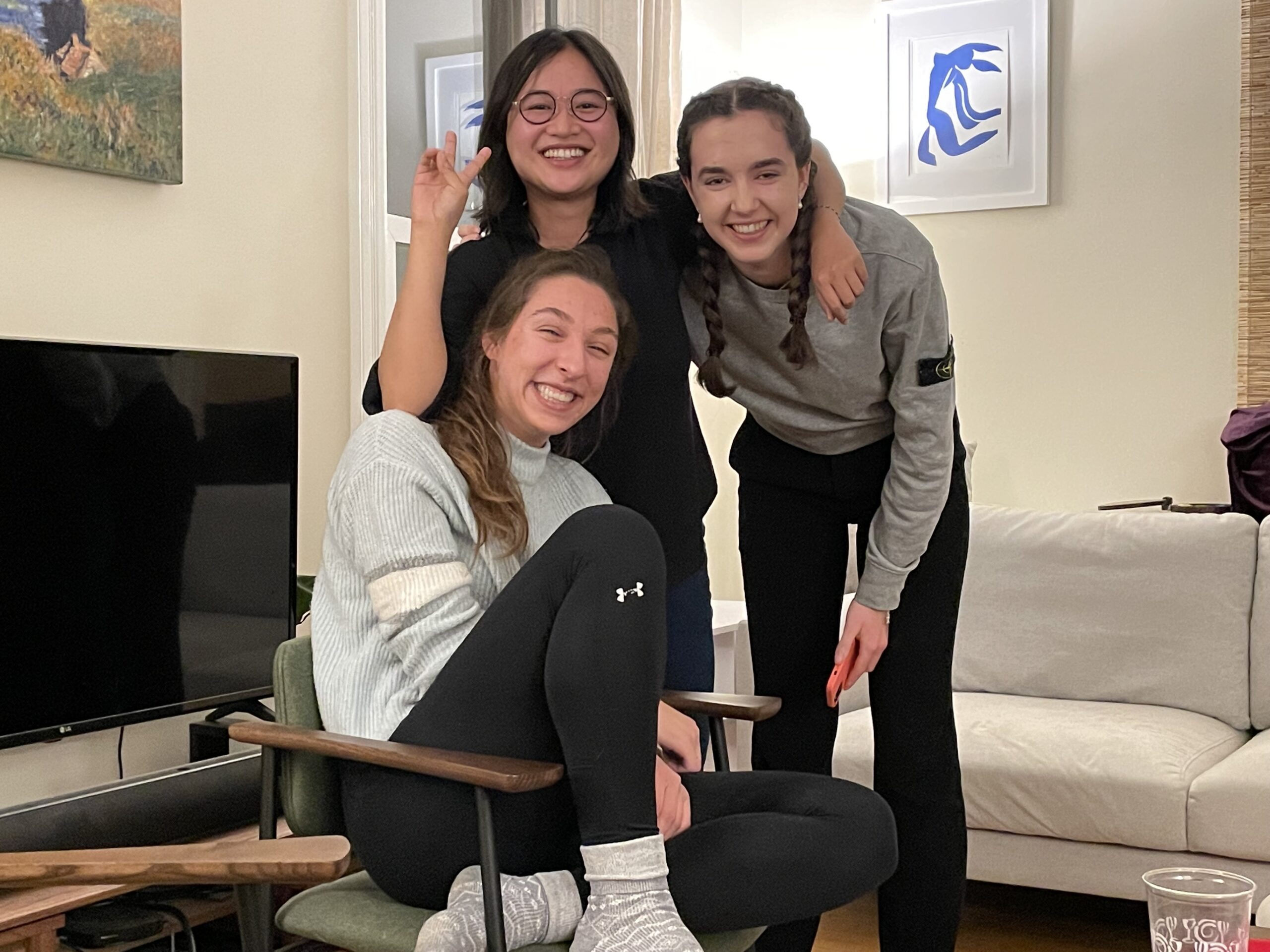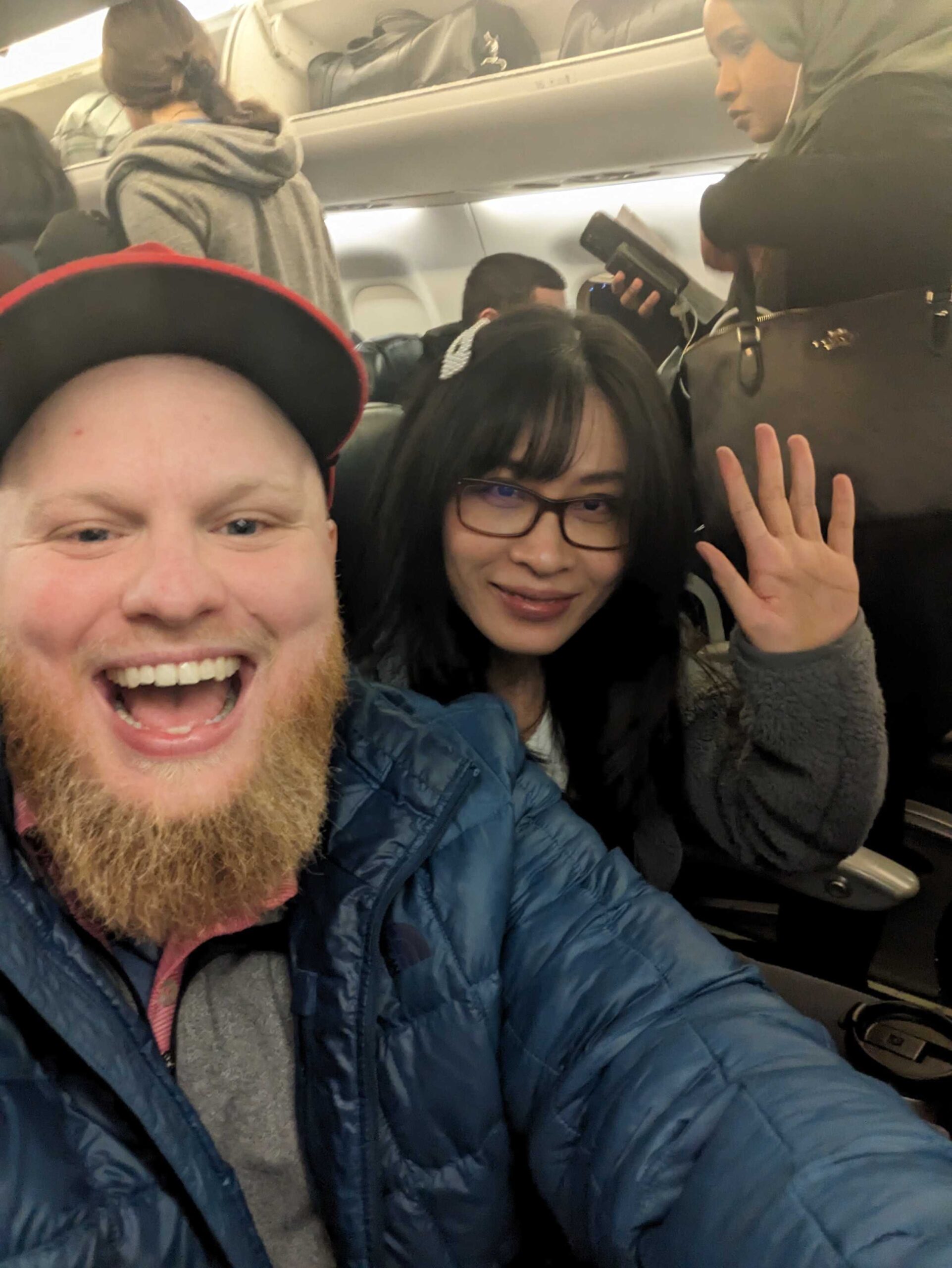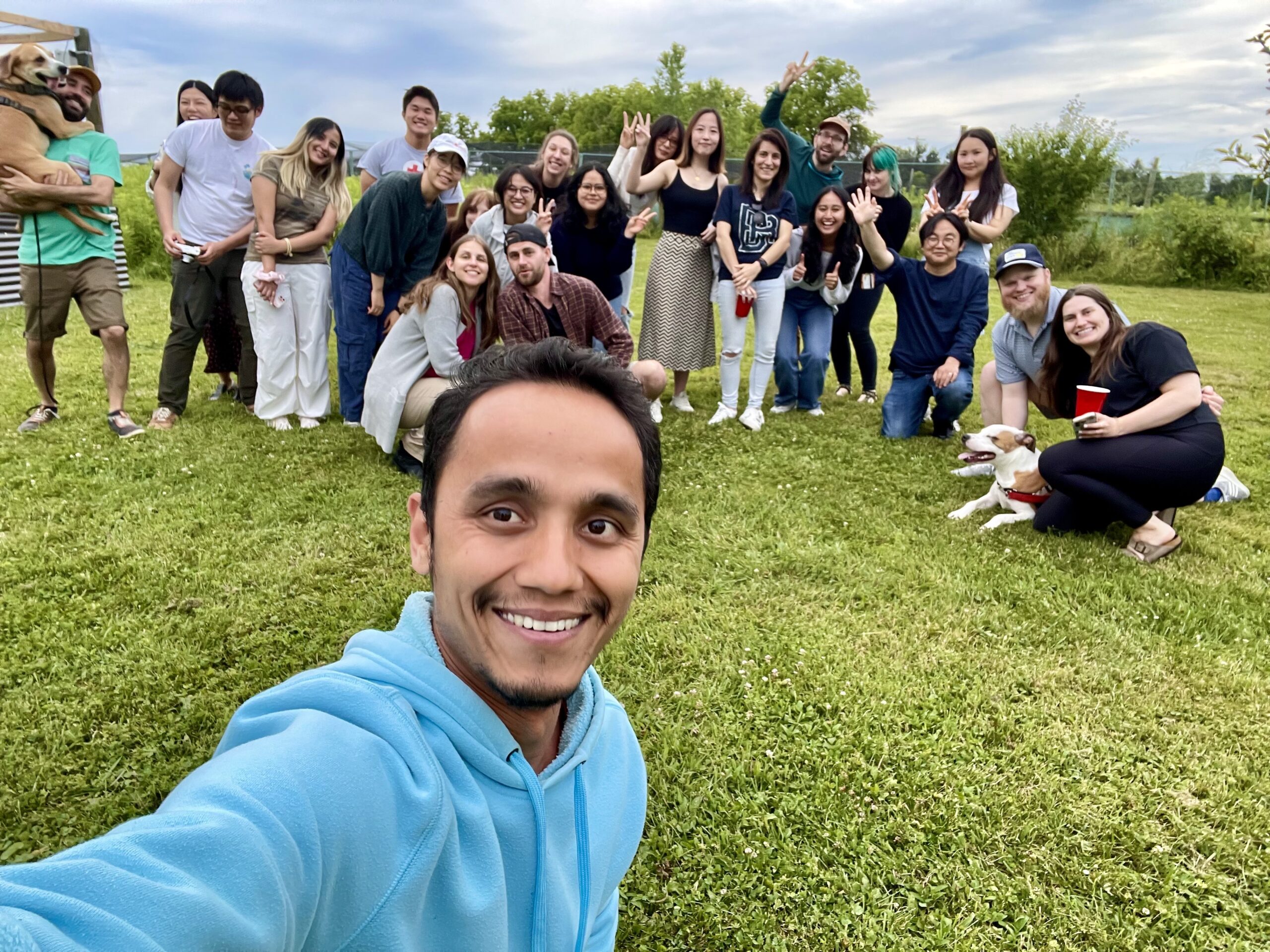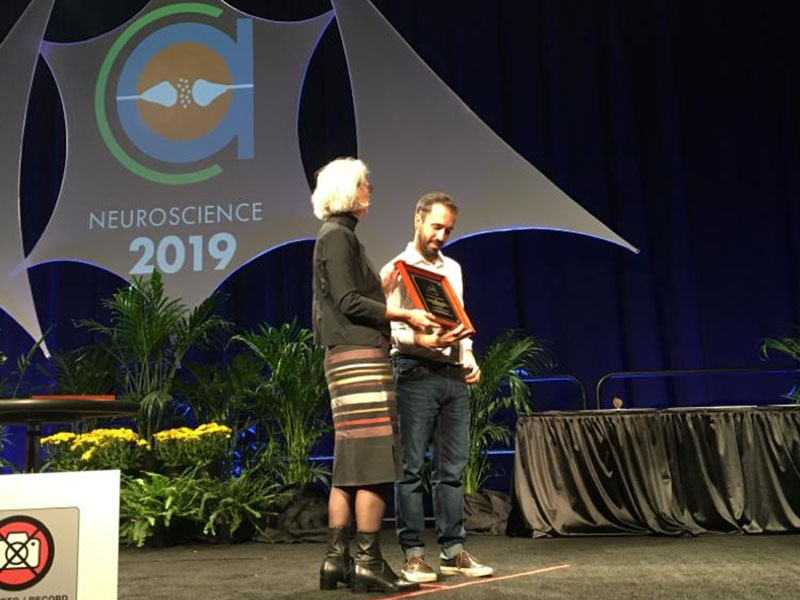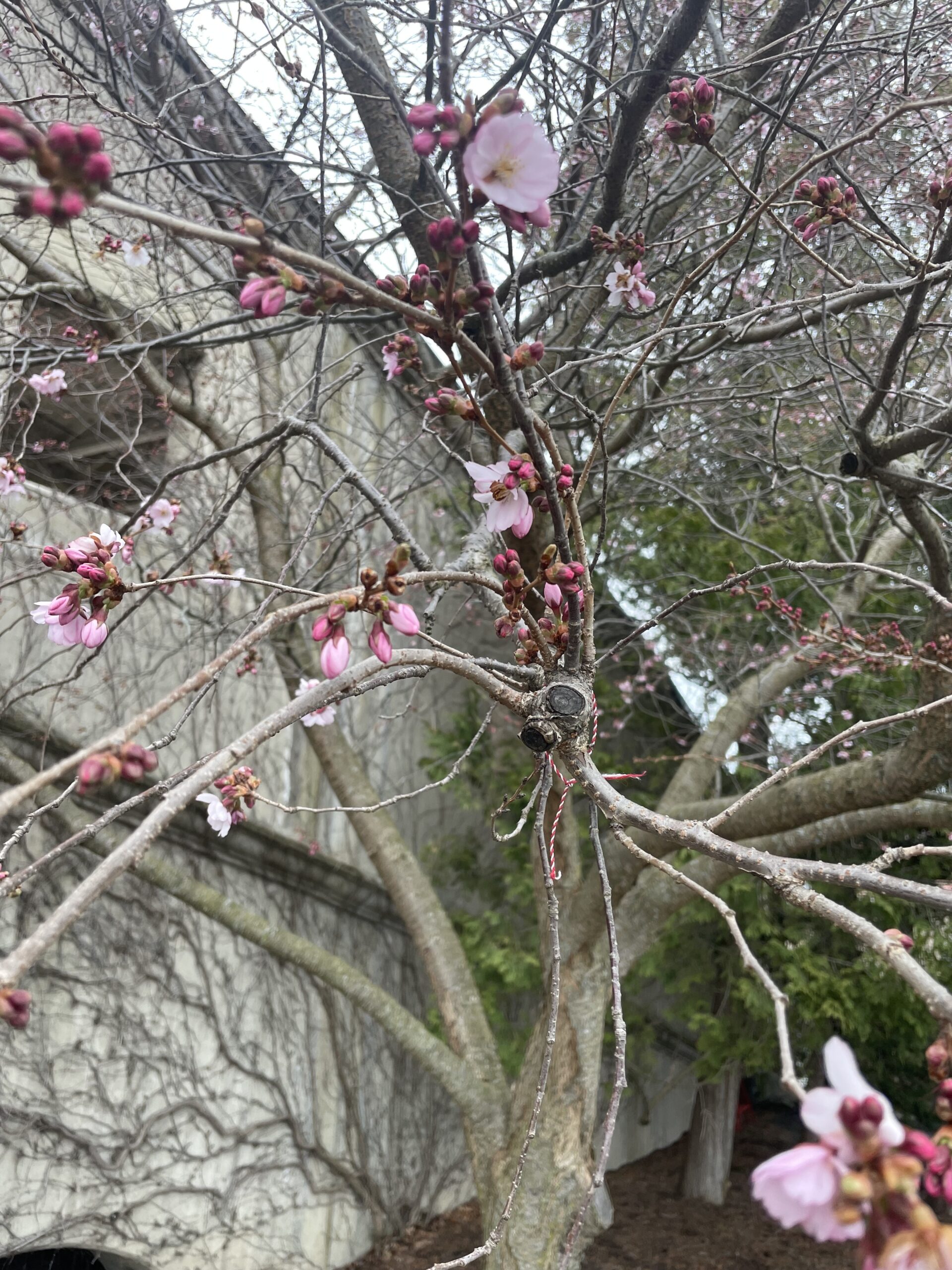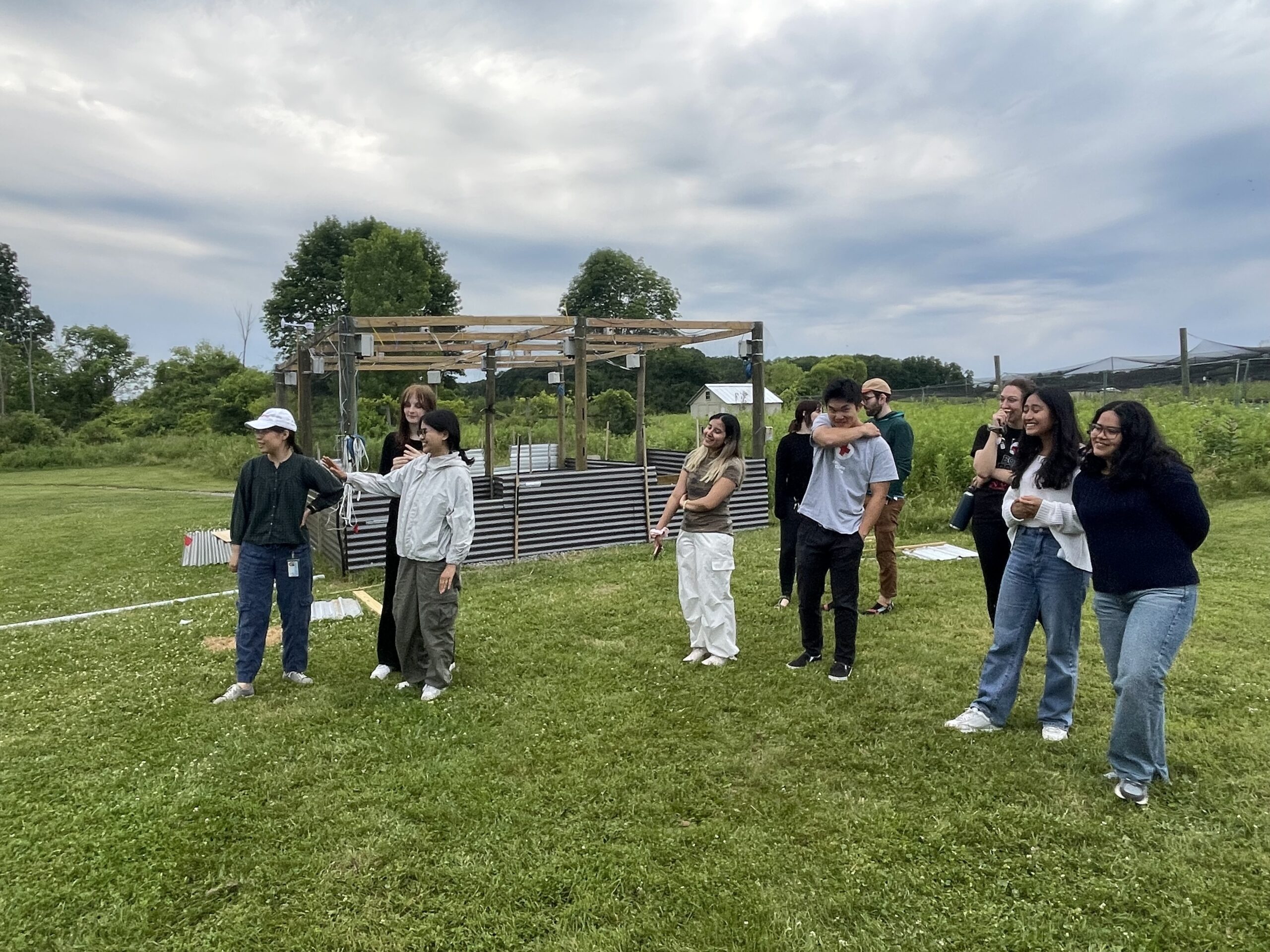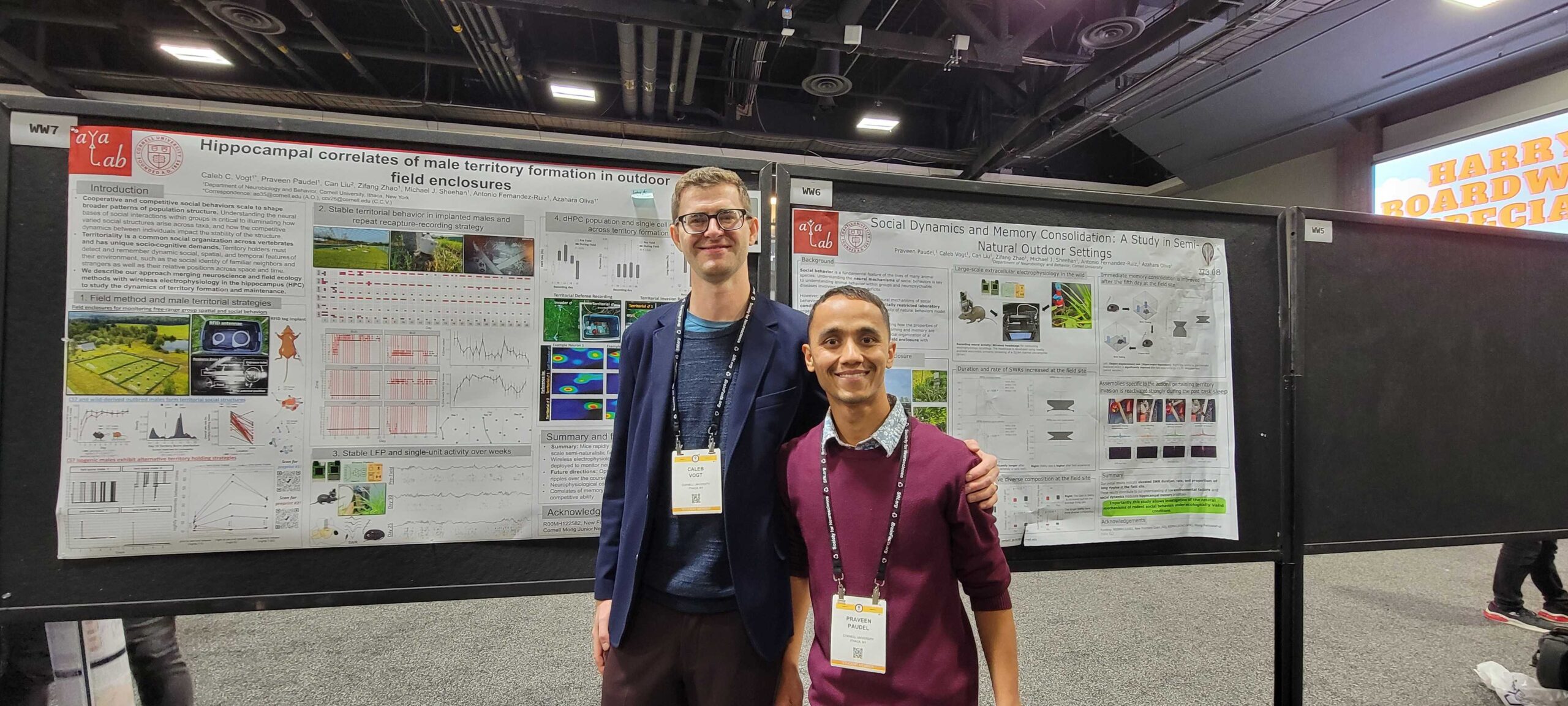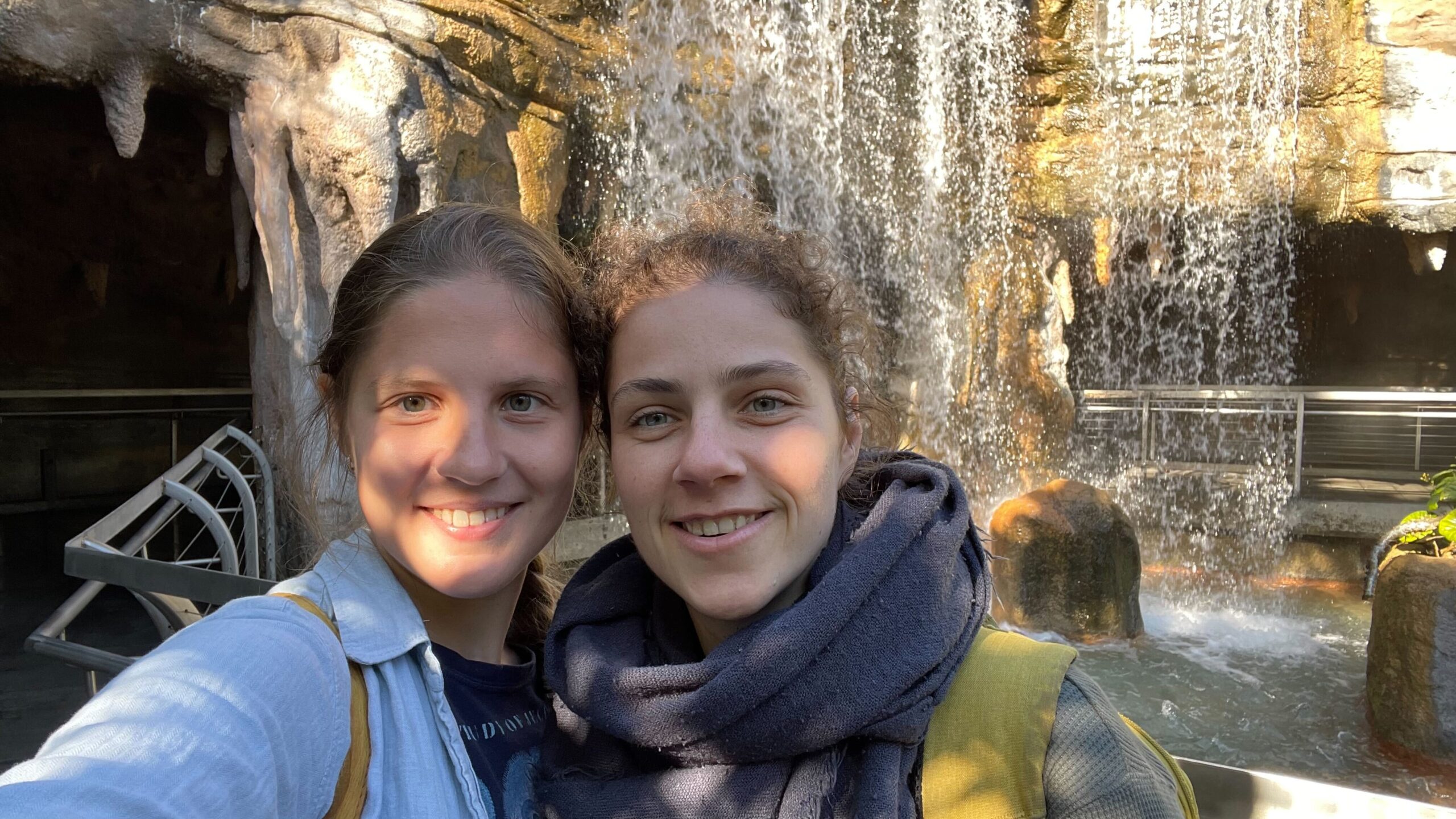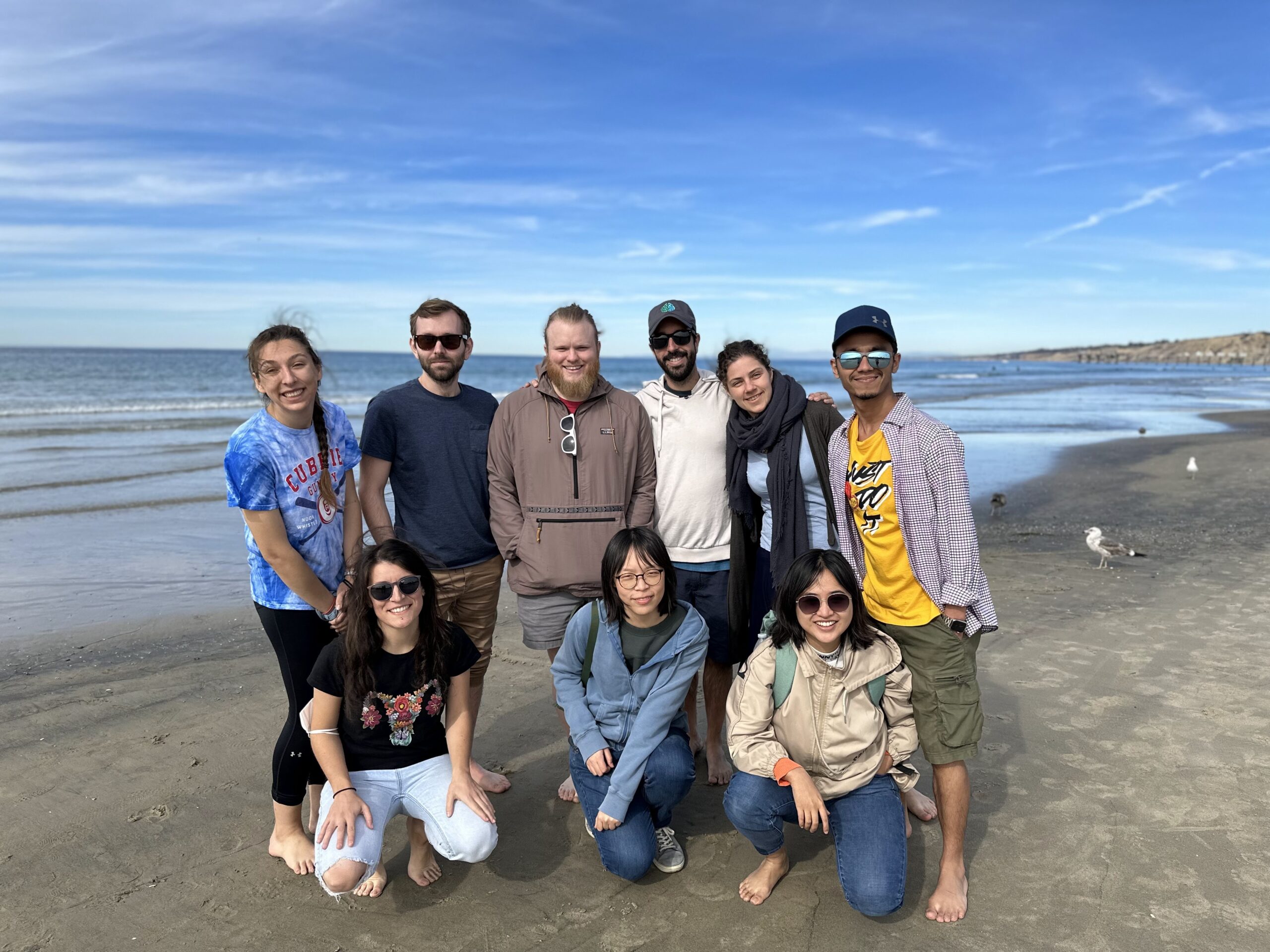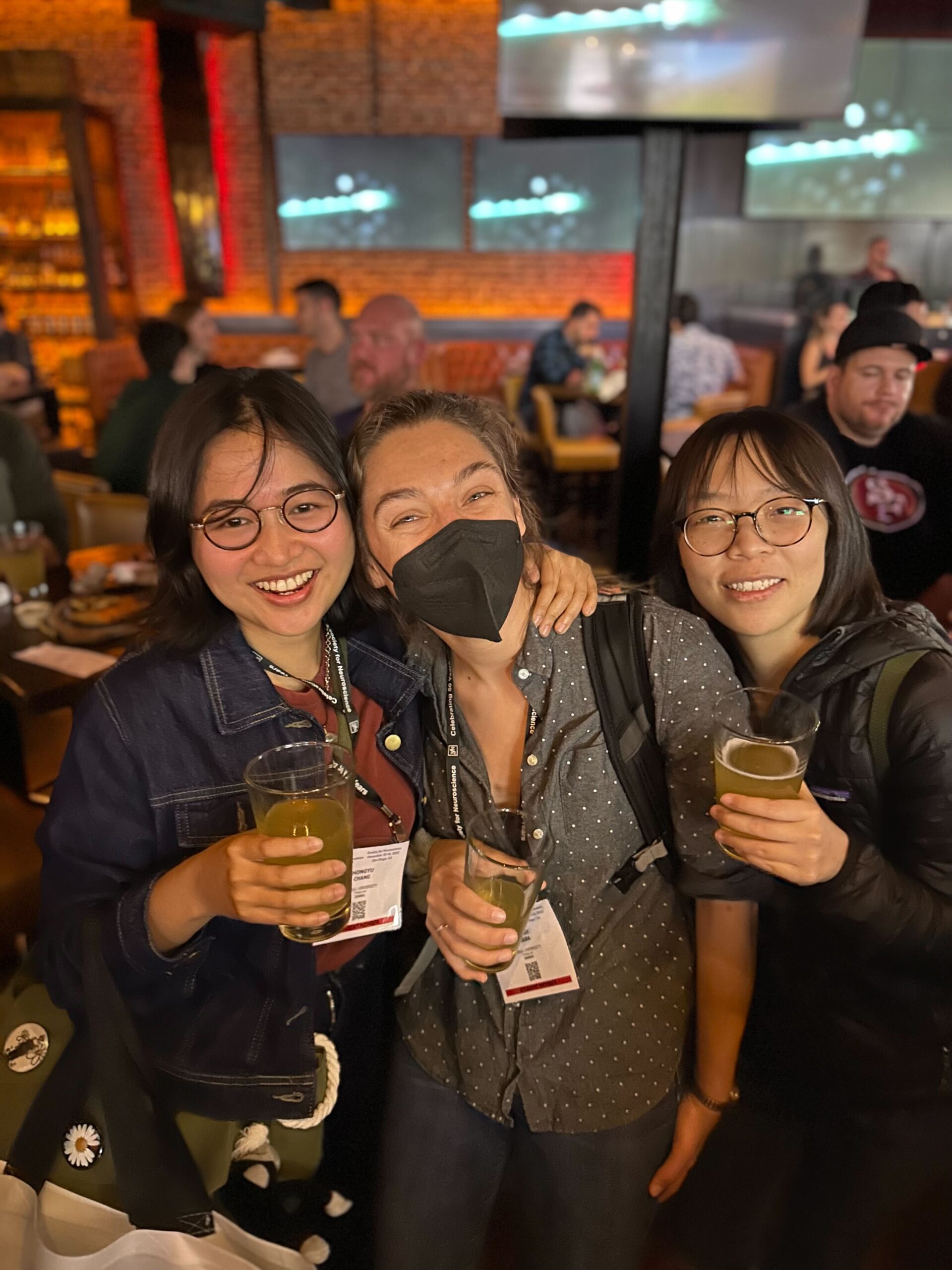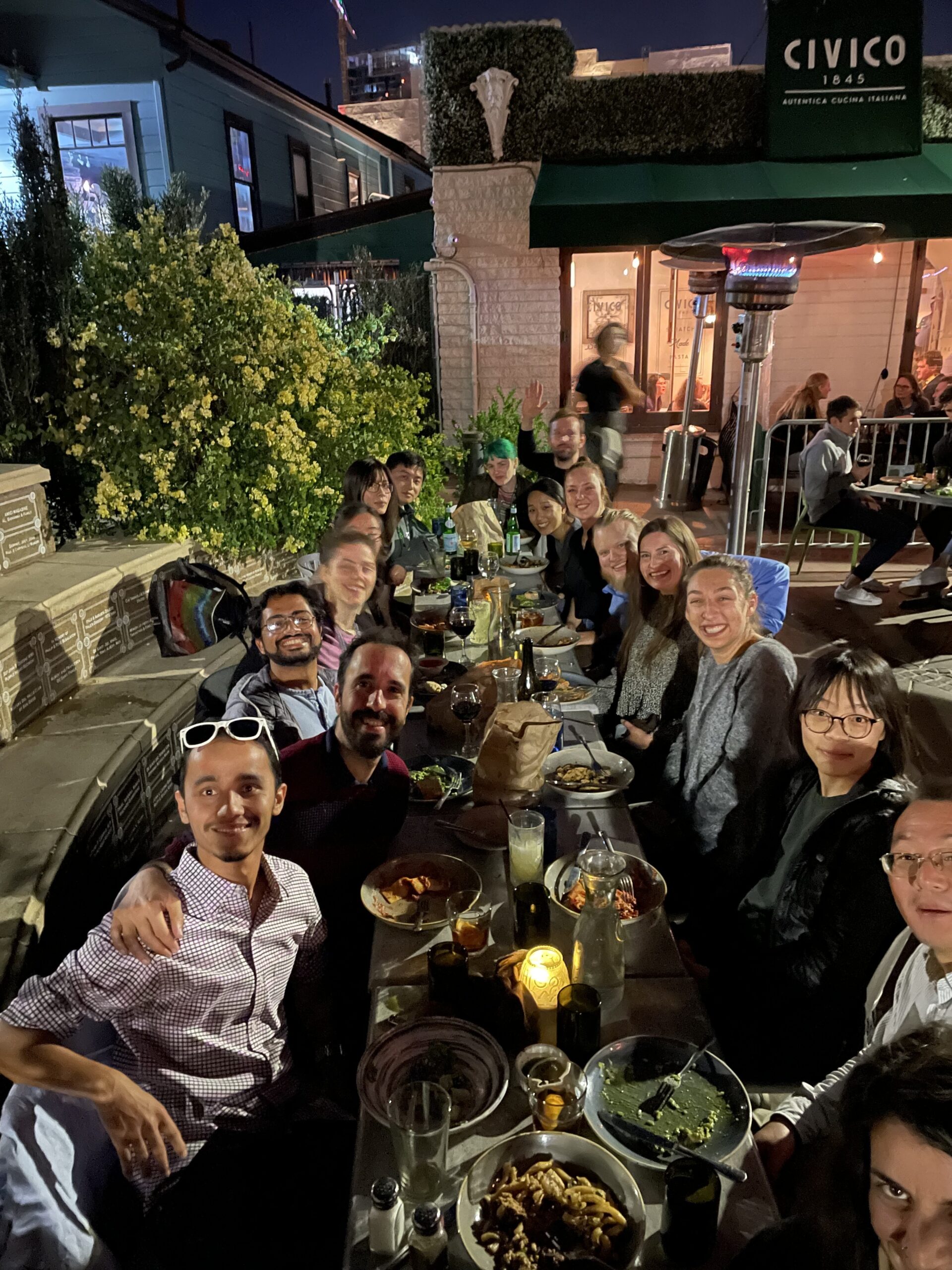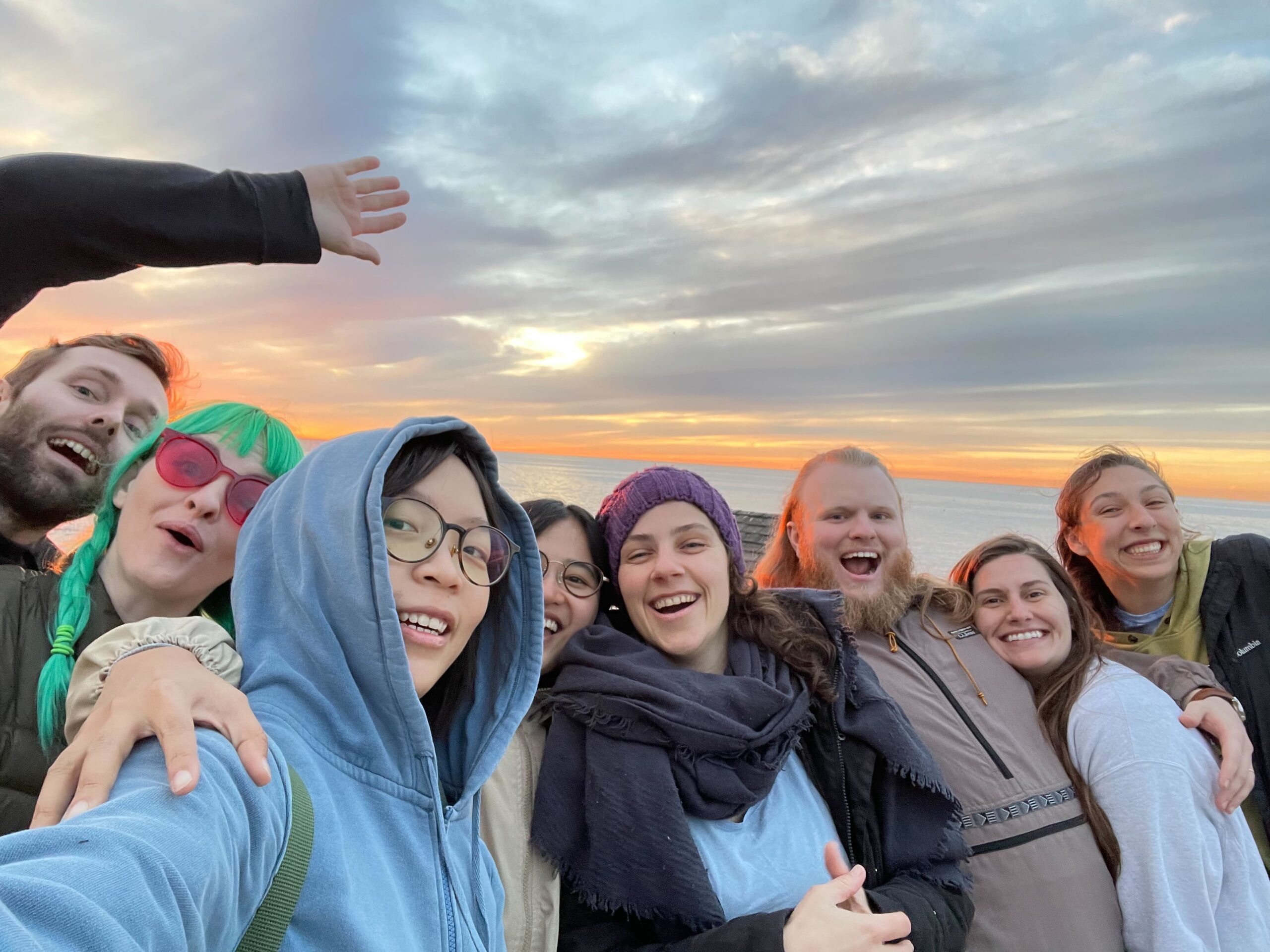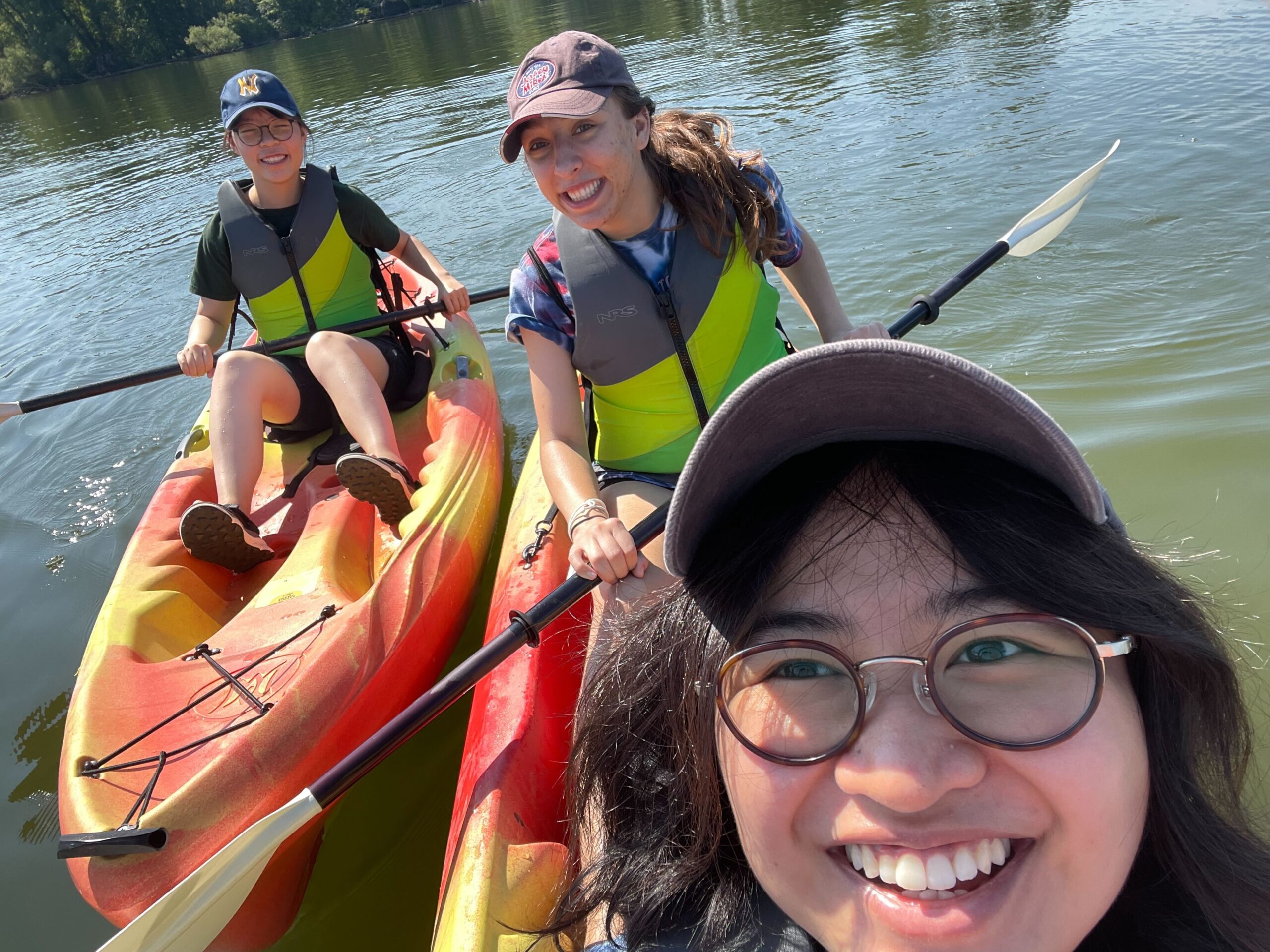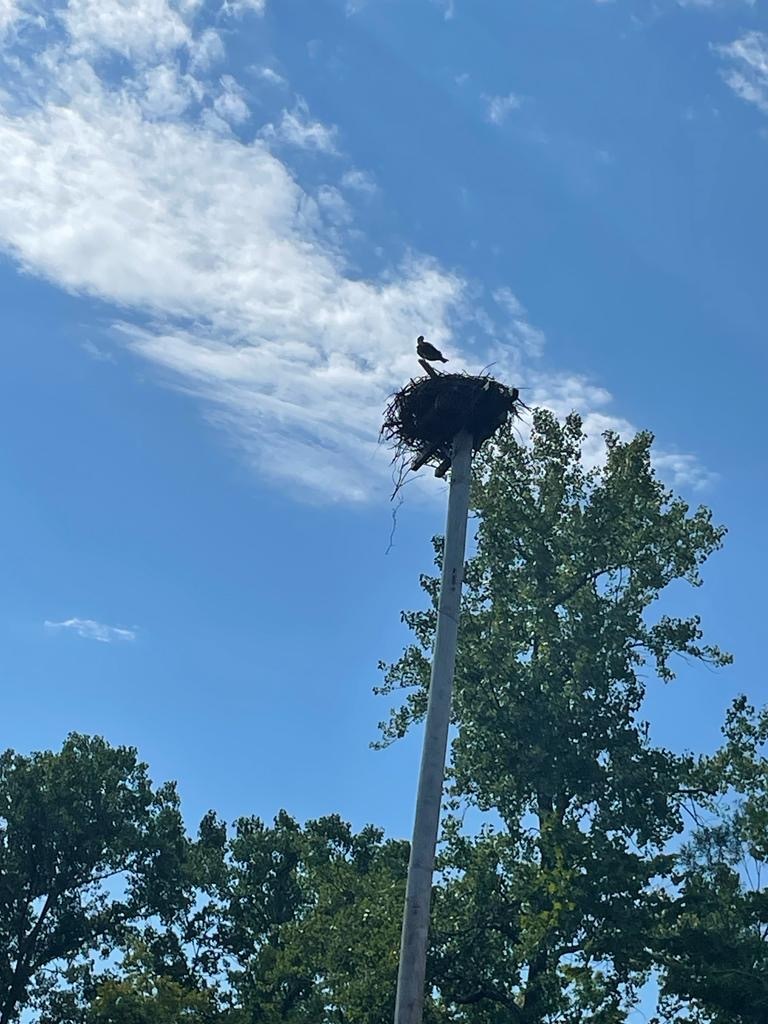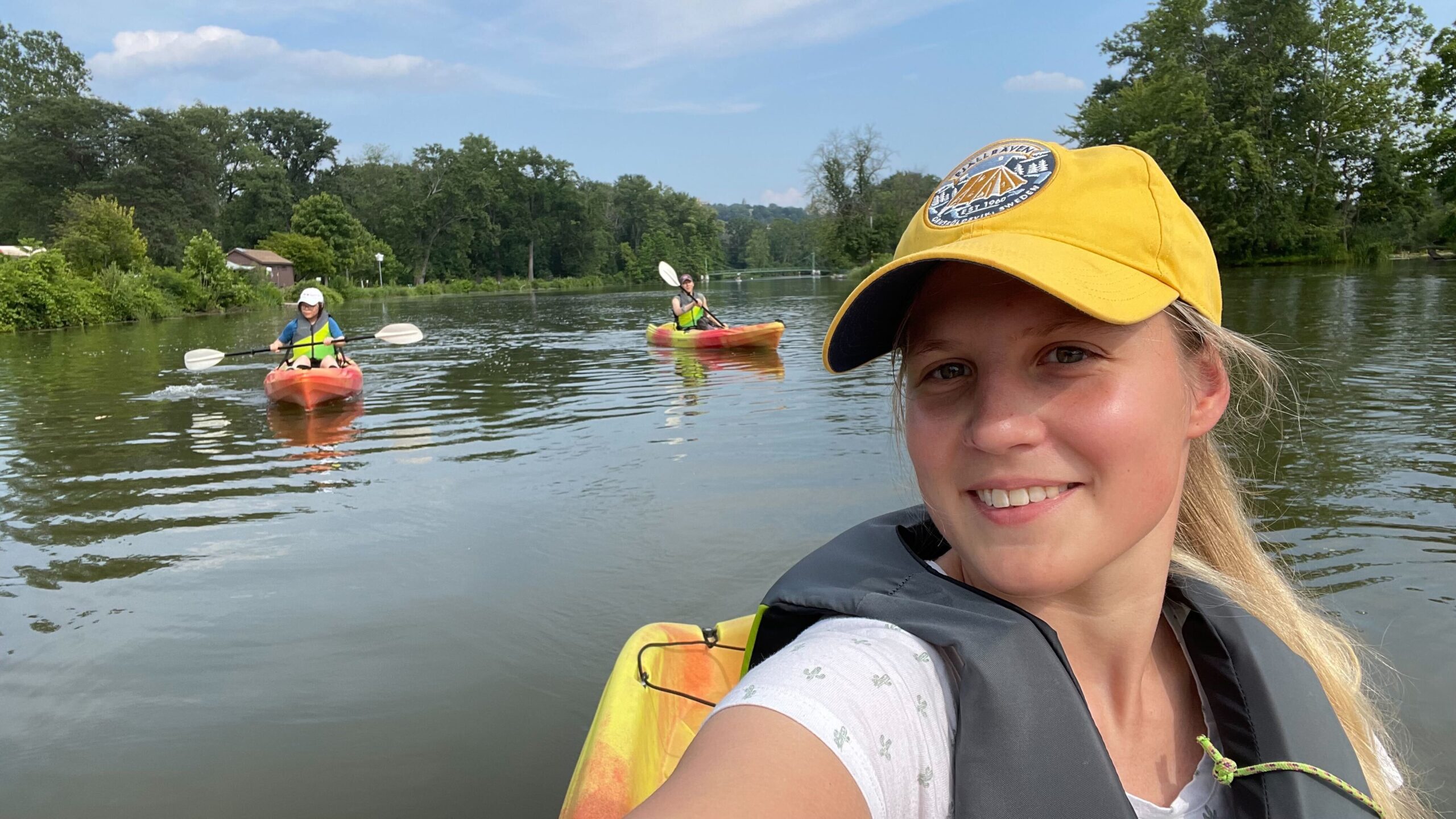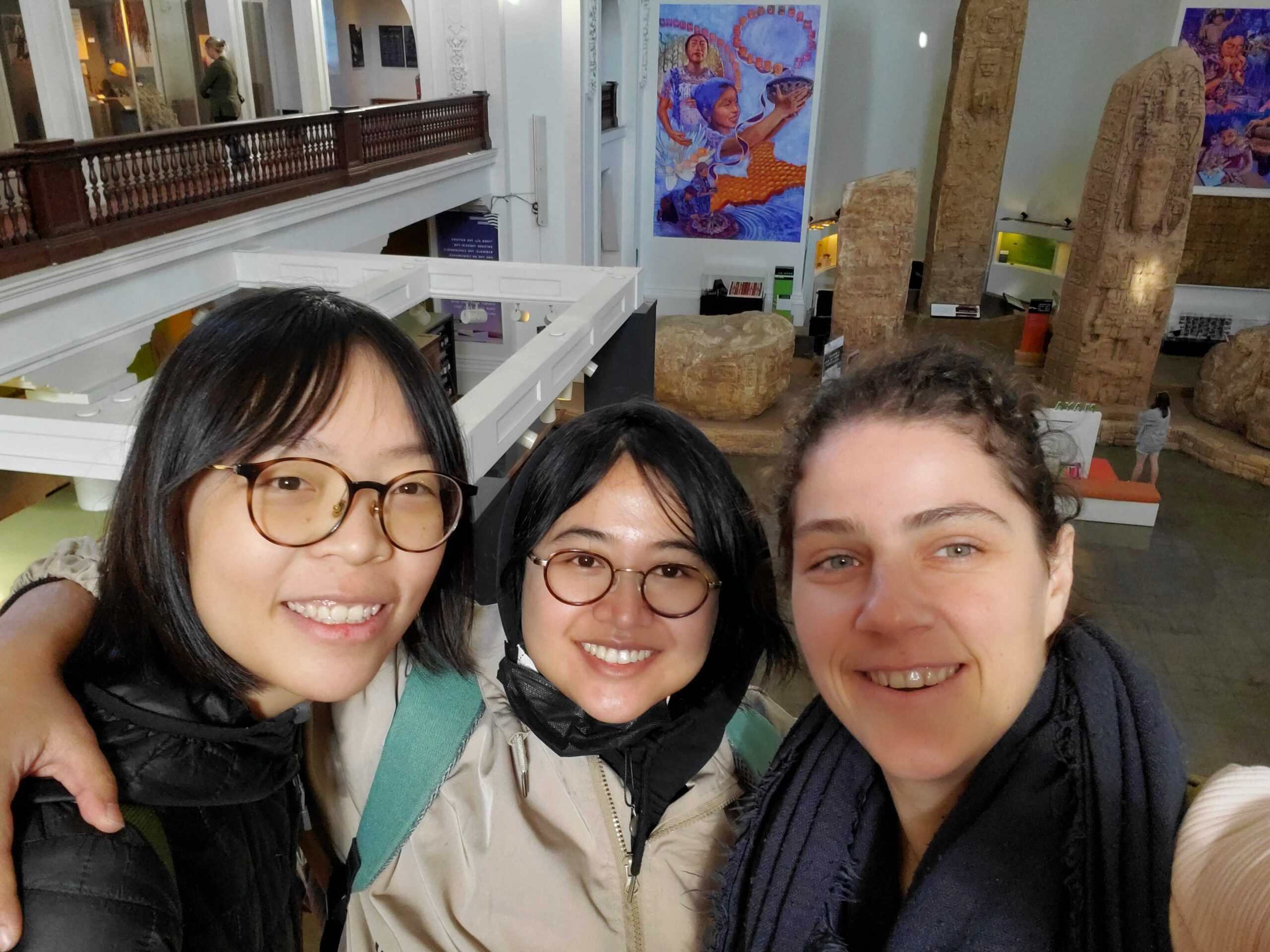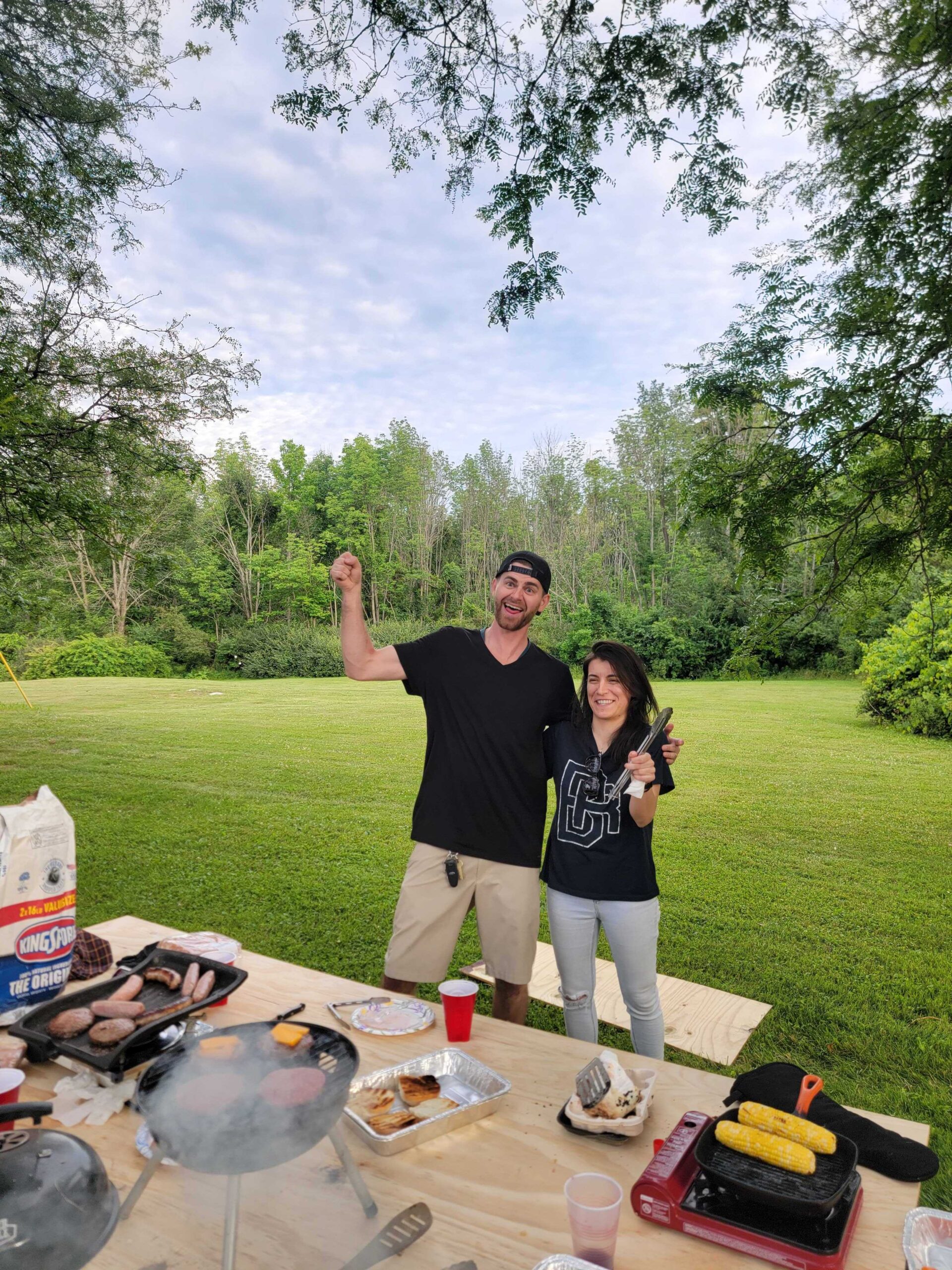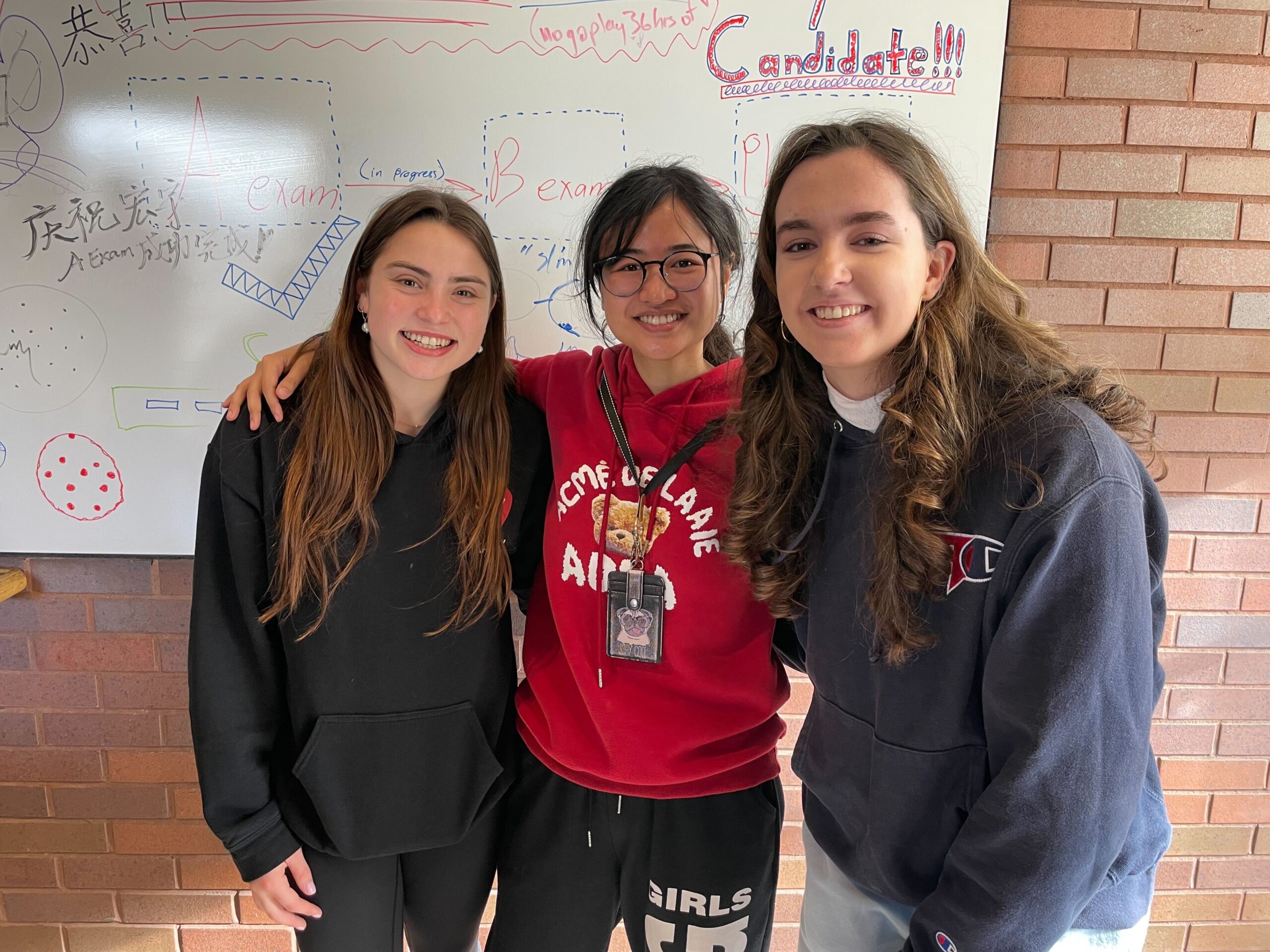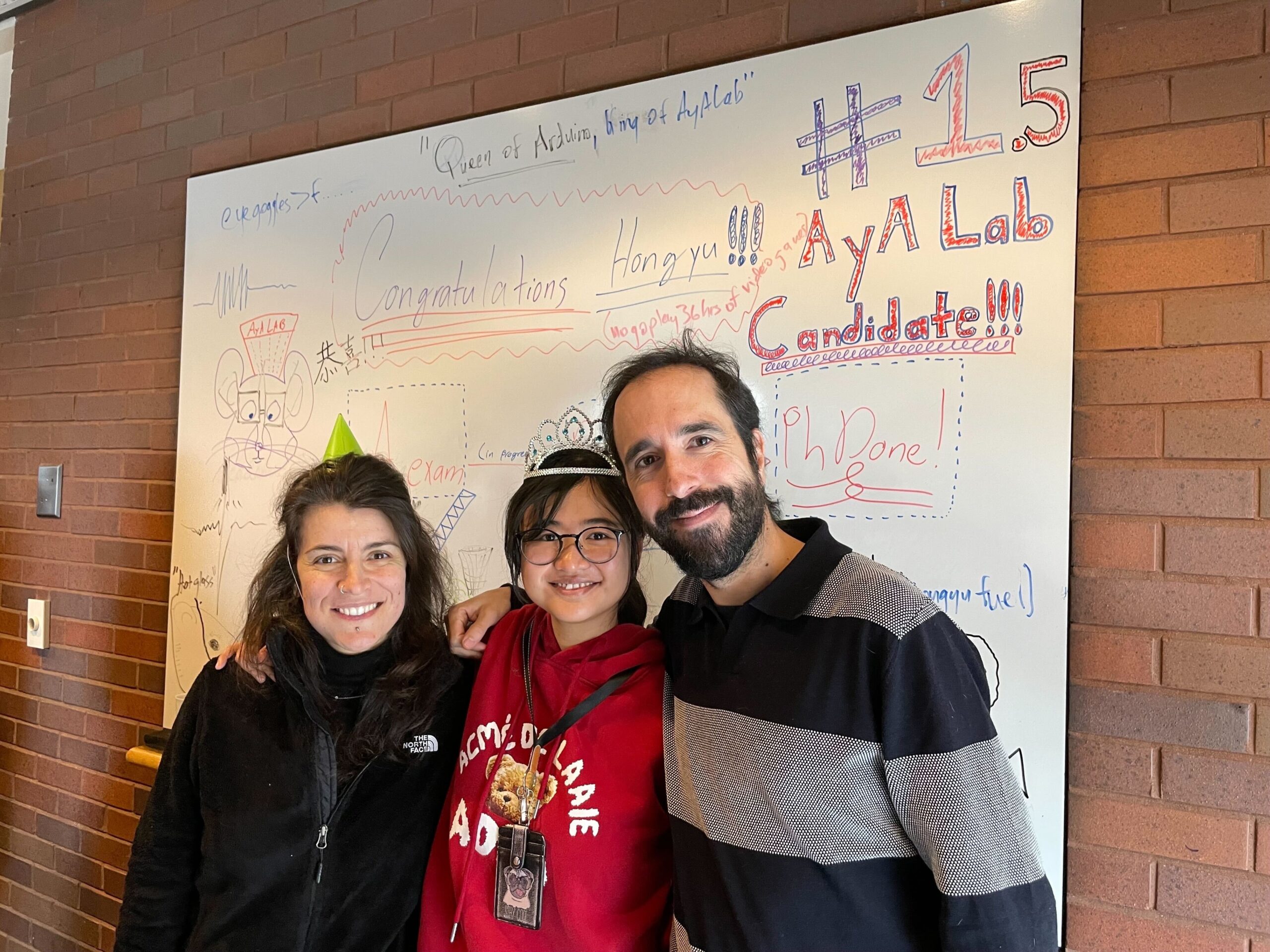PEOPLE
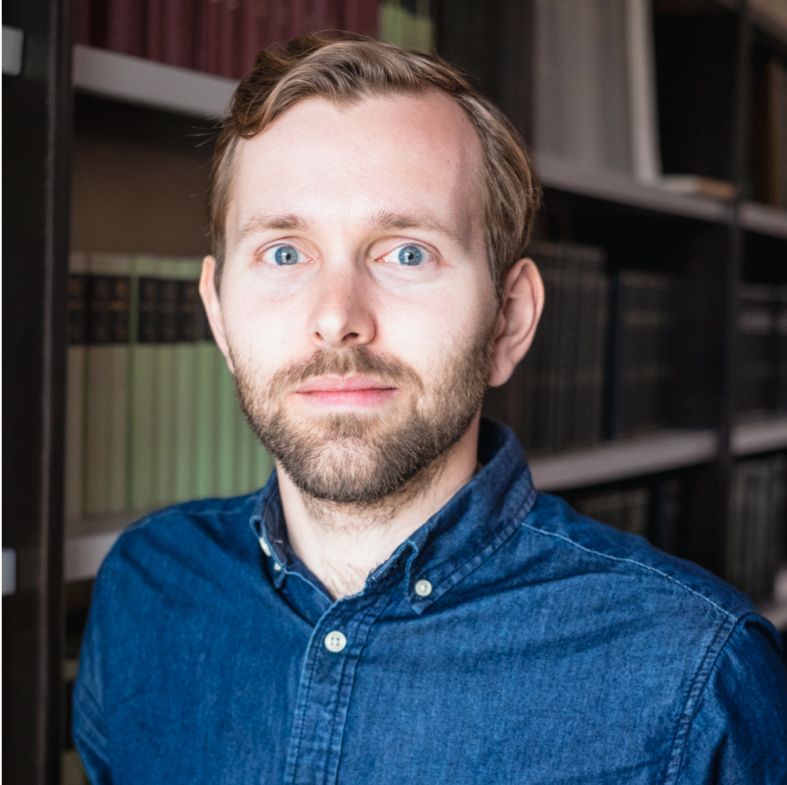
Ryan Harvey, PhD
Postdoctoral Associate
Ryan’s research interests broadly involve exploring circuit-level dynamics related to behavior & memory. He received a bachelor’s degree from Purdue University where he had a variety of research experiences, including exploring human navigation and memory in virtual environments as well as recording single unit hippocampal neurons in freely moving rodents. During his Ph.D. at the University of New Mexico, he investigated how neurodevelopment disorders affect hippocampal place cell and sharp-wave ripple activity. He is currently investigating the diversity of ripple-associated cell sequences using closed-loop optogenetics, silicon probe recordings, and advanced analytical tools.
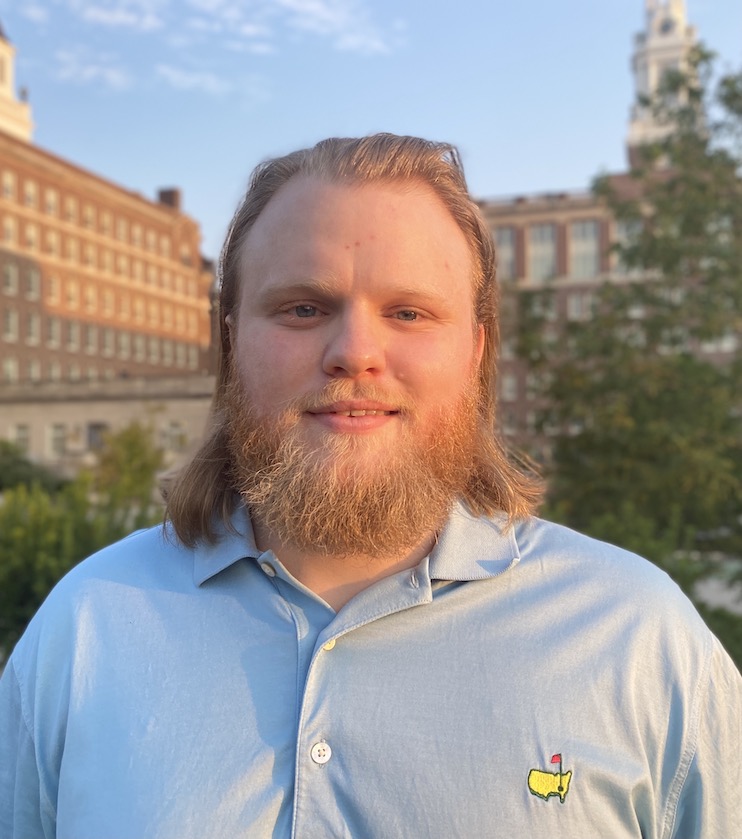
Heath Robinson, PhD
Postdoctoral Associate
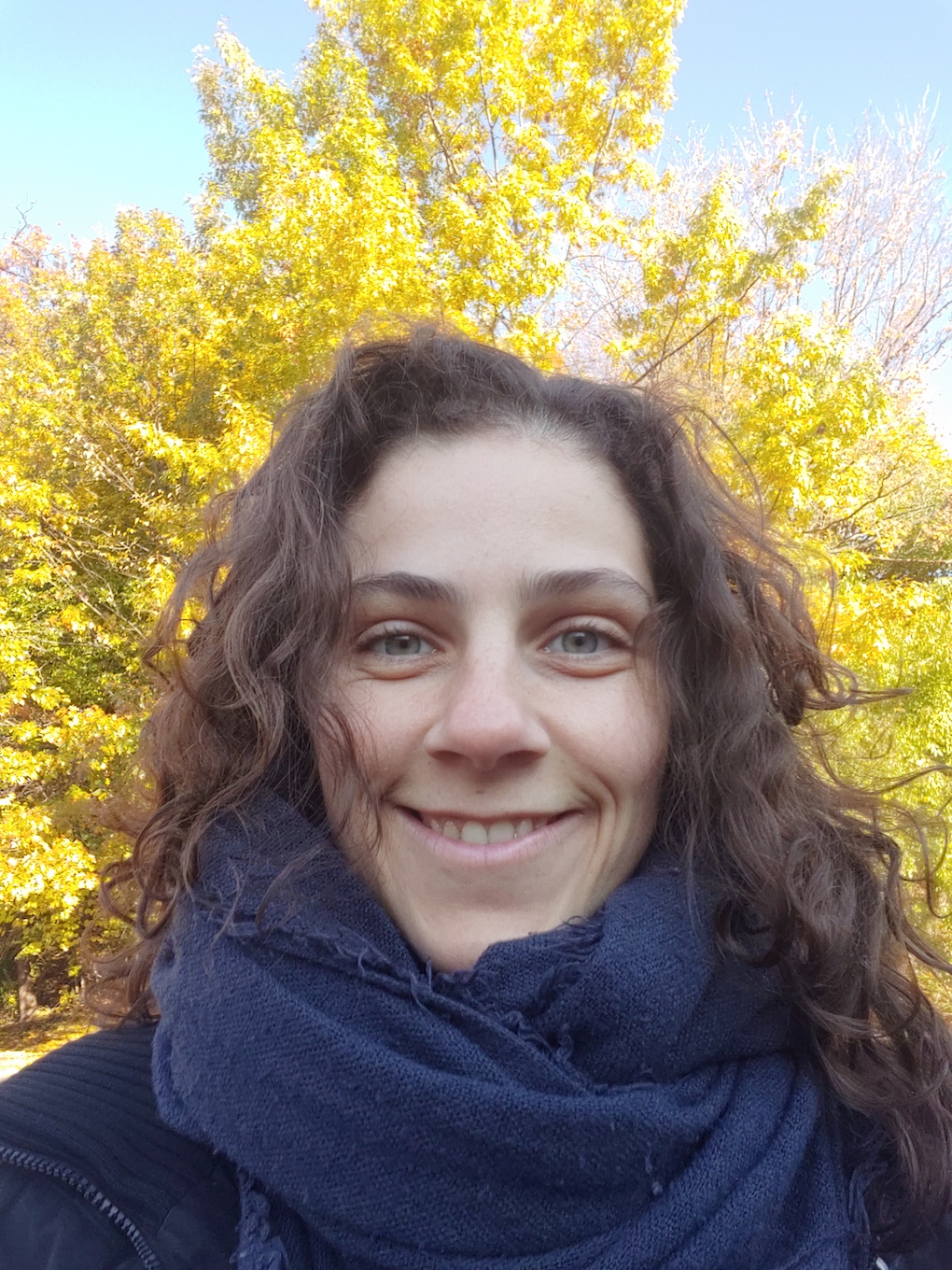
Ralitsa Todorova, PhD
Postdoctoral Associate
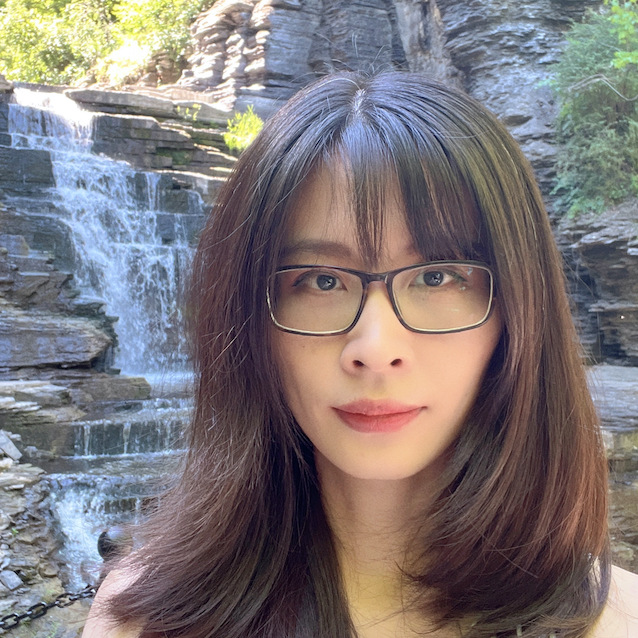
Wenbo Tang, PhD
Postdoctoral Associate
Wenbo received her bachelor’s degree in Biomedical Engineering from Tsinghua University in China, where she completed her thesis research examining the function of auditory midbrain neurons in spectrotemporal processing of sound in Dr. Bo Hong’s lab. She then earned her Ph.D. in Neuroscience in Dr. Shantanu Jadhav’s lab at Brandeis University. Her Ph.D. work aimed to understand how the brain’s memory system supports flexible navigation and decision-making, with a focus on the hippocampus and the prefrontal cortex. Her research has shown that coordinated neural activity across the two regions, manifested as replay and theta sequences, can form rich patterns of representations from behavioral experience, and thus has the potential to extensively increase the flexibility of navigational behavior. As her next step, she joined Dr. Antonio Fernandez-Ruiz and Dr. Azahara Oliva’ labs at Cornell University as a postdoc, and wants to crack the neural coordination mechanisms by harnessing new tools for large-scale recording and precise manipulation of circuit-level dynamics.
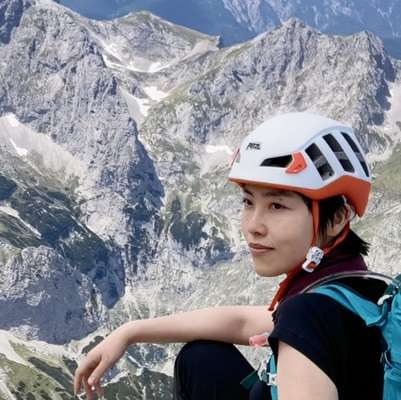
Weiwei Chen, PhD
Postdoctoral Associate
Weiwei’s research interests lie in developing computational methods to understand the multi-regional information processing related to learning and memory. She pursued her studies in systems biology at the University of Science and Technology of China and delved into computational neuroscience during her time in Dr. Si Wu’s lab in Beijing, where she studied the dynamics of neuron-glia interaction for her thesis. Her interest in causality-based machine learning was sparked during her Master in Neural Information Processing at the University of Tuebingen (Germany) while working at MPI-EI. She applied causal discovery methods to capture the state-dependent entorhinal-hippocampal interaction in Dr. Anton Sirota’s lab at the University of Munich (Germany) and stayed there for her Ph.D.. Her works focus on deciphering local field potential signals by simulation and developing biophysics-constrained machine-learning methods to infer multi-regional communication from LFP. Joining AYALAB as a postdoc, she is now investigating multi-regional coordination by combining causal representation learning and close-loop optogenetic manipulation and understanding their computational principles with simulations.

Zifang(Frank) Zhao, PhD
Research Associate
I am a neuroscientist with engineering training who is enthusiastic about interdisciplinary, translational neuroscience research. My research focus on studying and interacting with biological processes in-vivo, which I believe will lay the foundation for new discoveries and potential clinical treatments. I am well versed in principles of electrical engineering, materials science and systems neuroscience. These skills allow me to develop tools and novel technologies to interface with living organs and provide potential solutions to health science challenges.
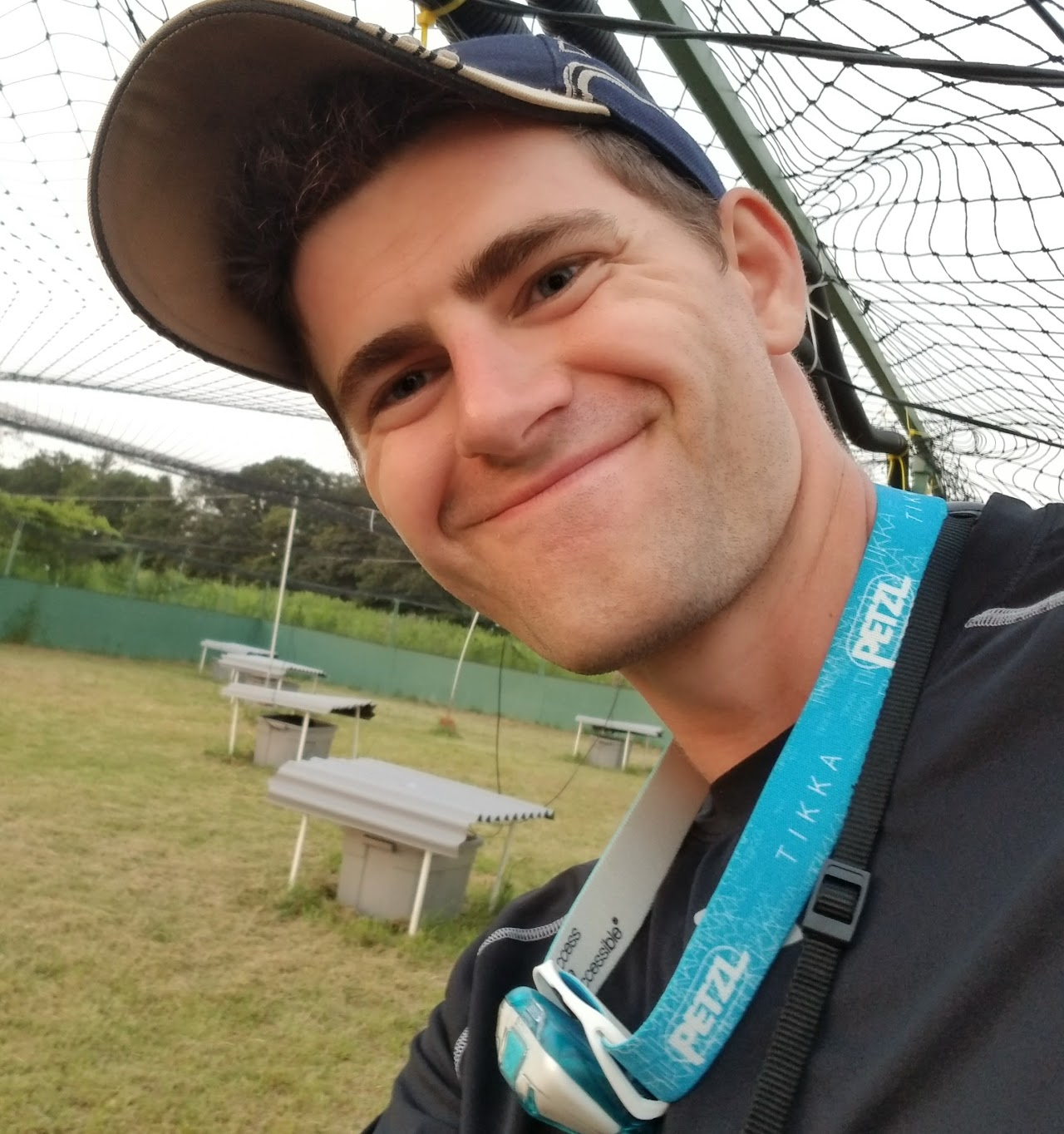
Caleb Vogt
Graduate Student
Caleb received his B.S. from the University of Michigan in Neuroscience and Evolutionary Anthropology, where he completed an honors thesis investigating oxytocinergic modulation of striatal dopamine release in the monogamous prairie vole. The focus of his PhD work in the Sheehan Lab is on investigating the behavioral mechanisms underlying territory formation in wild and laboratory mice under naturalistic outdoor field conditions. In the AyA lab group, he is currently working to merge his interests in neuroscience and behavioral ecology to understand how the neural mechanisms underlying social and spatial attachments function in mice living within complex territorial social structures outdoors.
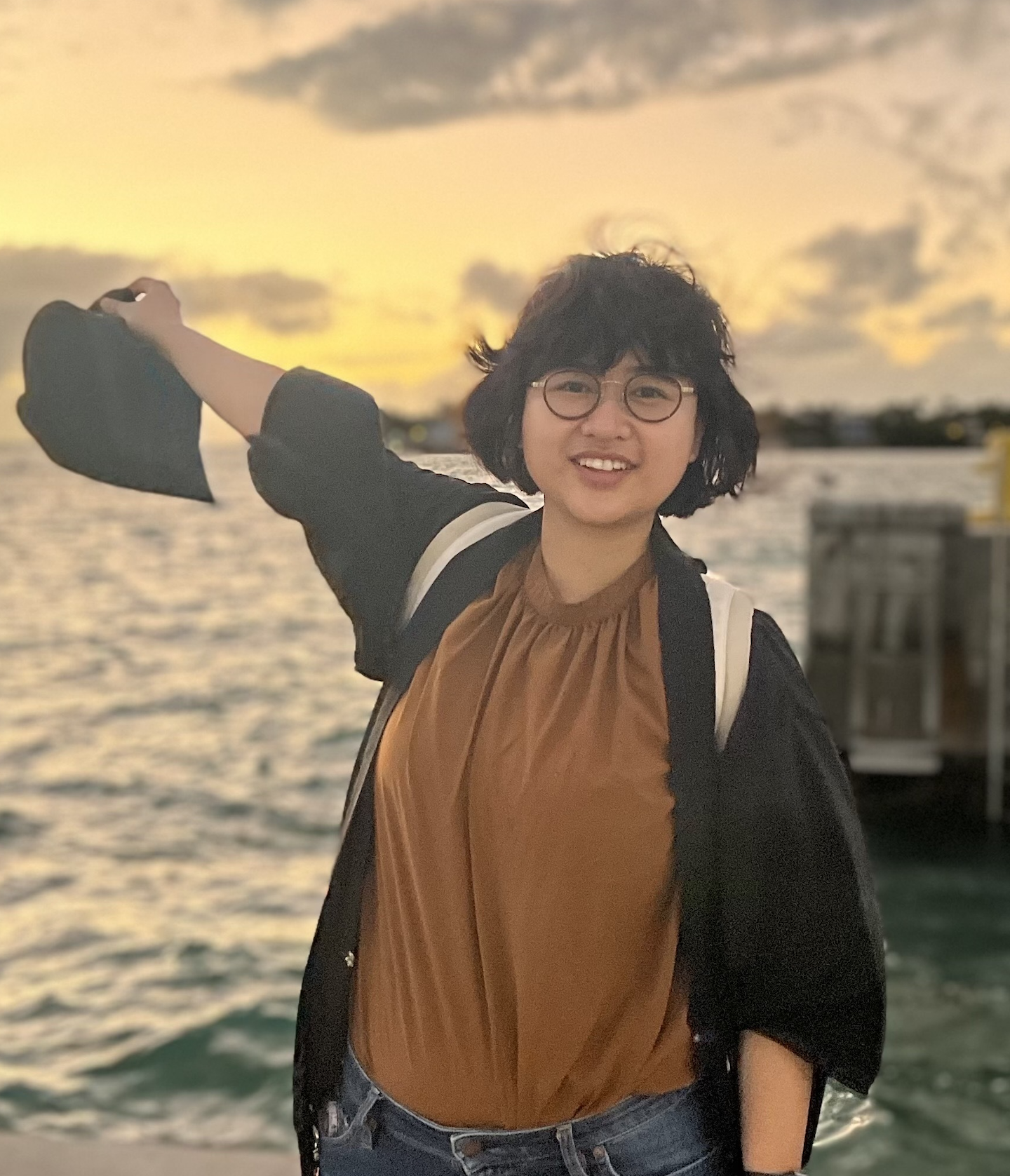
Hongyu Chang
Graduate Student
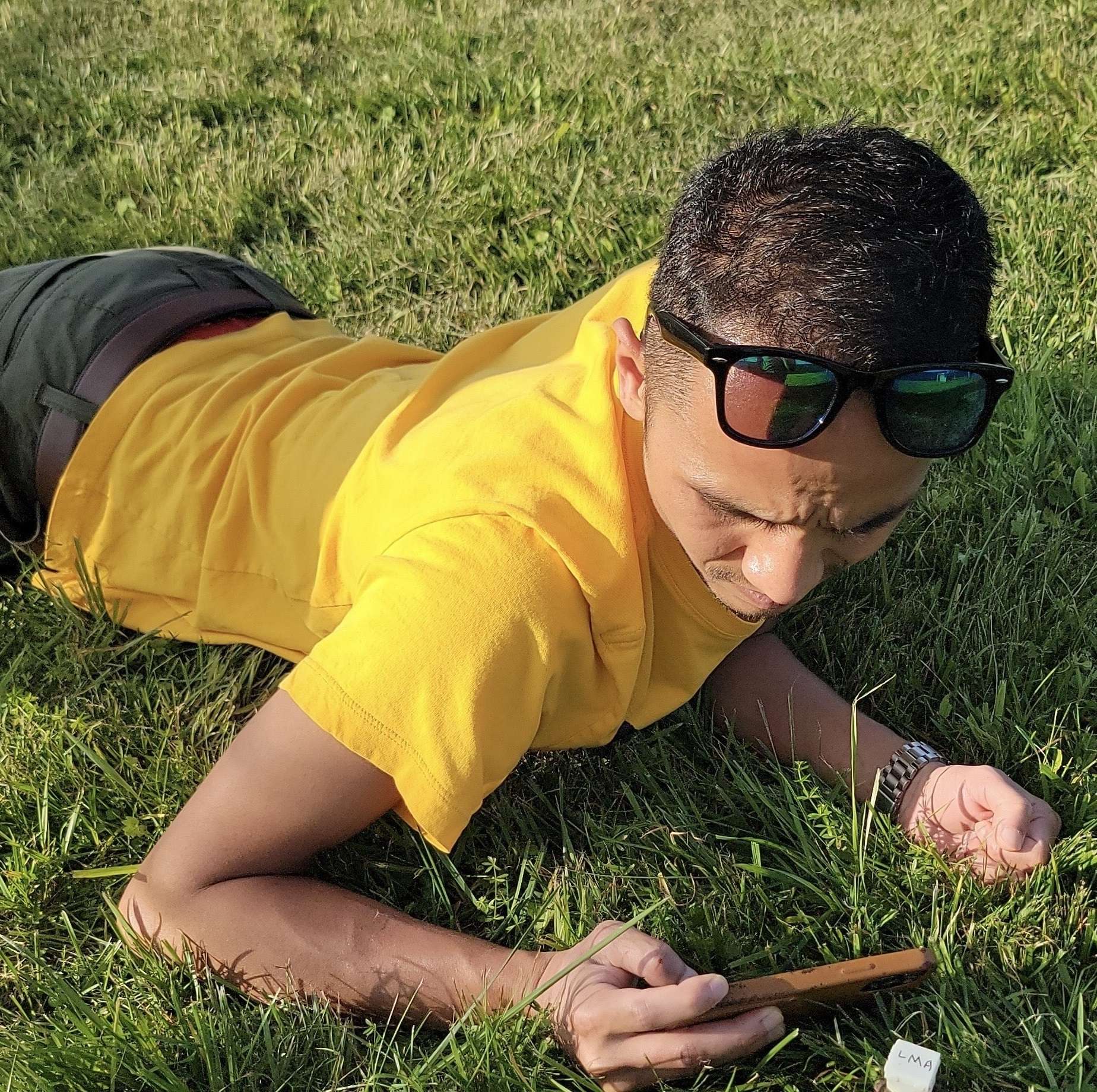
Praveen Paudel
Graduate Student
How does learning change the brain? By using molecular, systems and computational approaches, Praveen wants to study neural dynamics that could generate abstract representation and guide social behaviors. Praveen is a Ph.D. student in the Department of Neurobiology and Behavior at Cornell. He developed a keen interest in neuroscience during his master’s at the University of New Mexico where he worked with Dr. Nikolaos Mellios to explore the potential significance of circular RNAs in developing mouse brain, and Dr. Sam McKenzie to test synaptic plasticity rules in the awake behaving mouse.
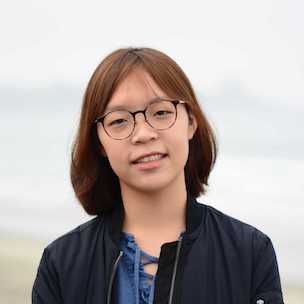
Can Liu
Graduate Student
Can is a PhD student in the Department of Neurobiology & Behavior at Cornell. She graduated from UC San Diego with a major in Cognitive Science, where she learned to use electrophysiology to explore the neural dynamics in the hippocampus and subiculum of rats during navigation. She is interested in learning probe recordings, circuit manipulation tools and computational analysis to further investigate the mechanisms giving rise to learning, memory, and other complex behavior on the cellular and system level.
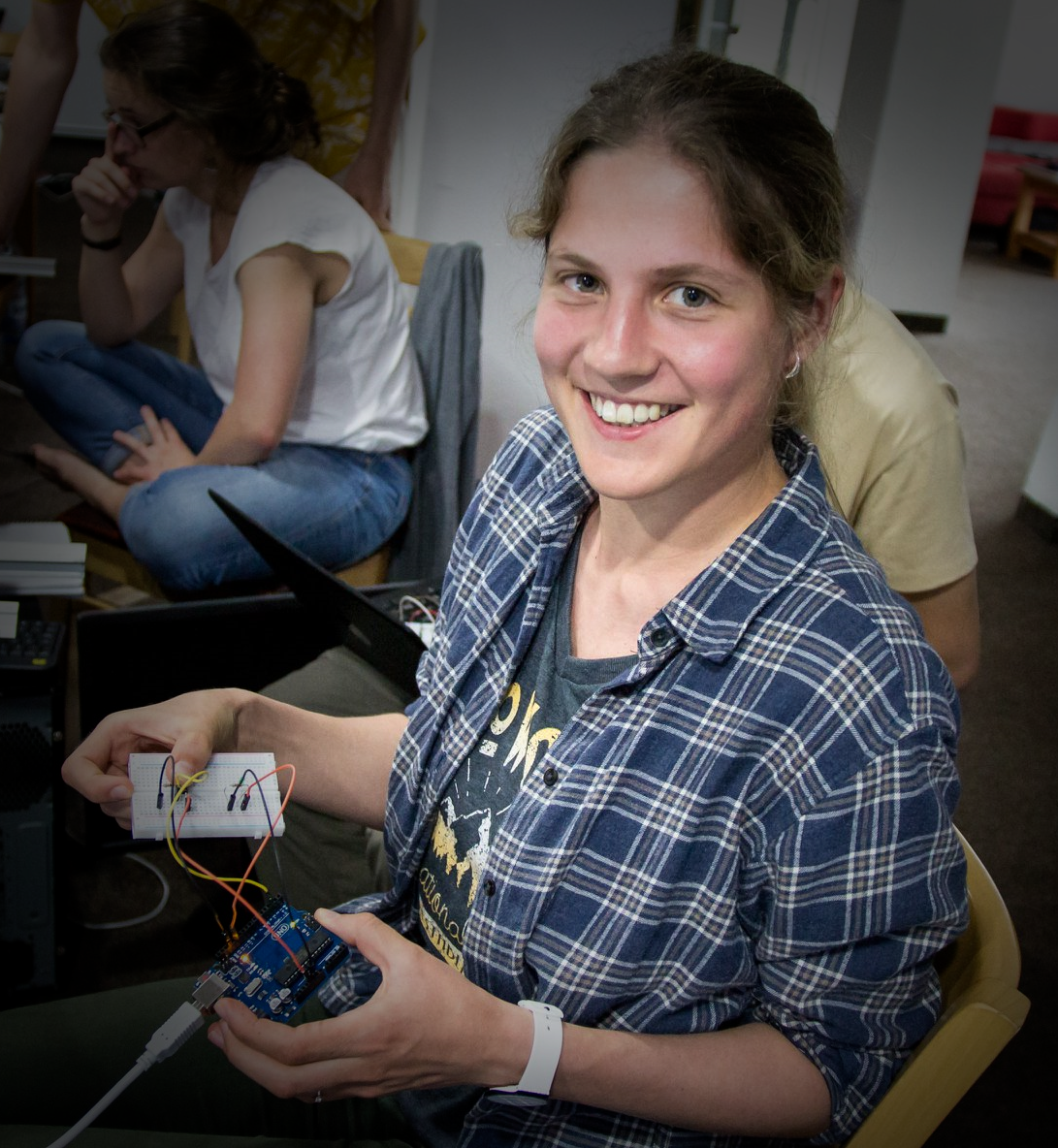
Anna Gruzdeva
Graduate Student
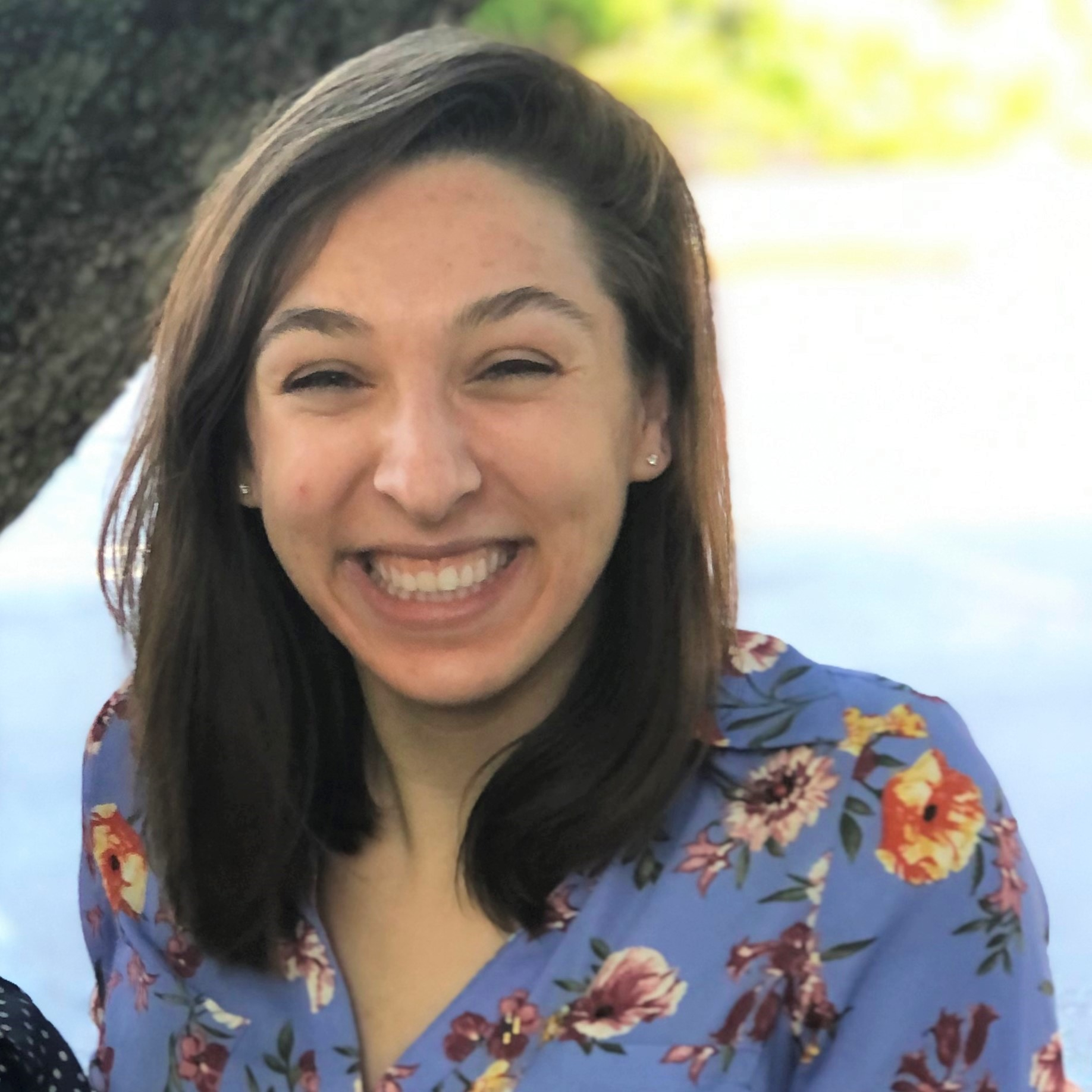
Lindsay Karaba
Graduate Student, NSF Fellow
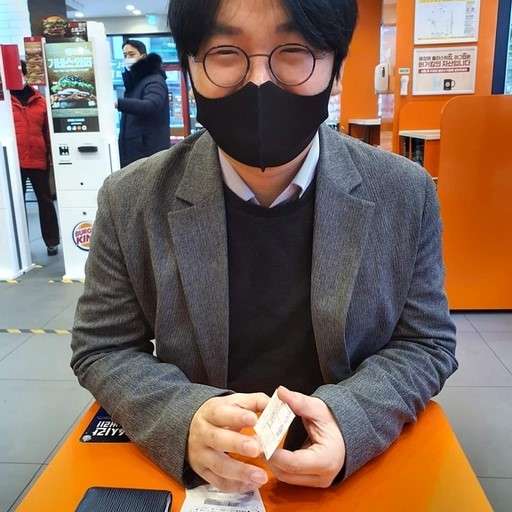
Jae Hyo Park
Graduate Student
Jaehyo’s research interests lie in understanding how the brain integrates multimodal information to generate complex dynamics. To investigate this, he develops new technologies to monitor brain signals of various types (i.e., electrophysiological and chemical signals) over a long-time scale.
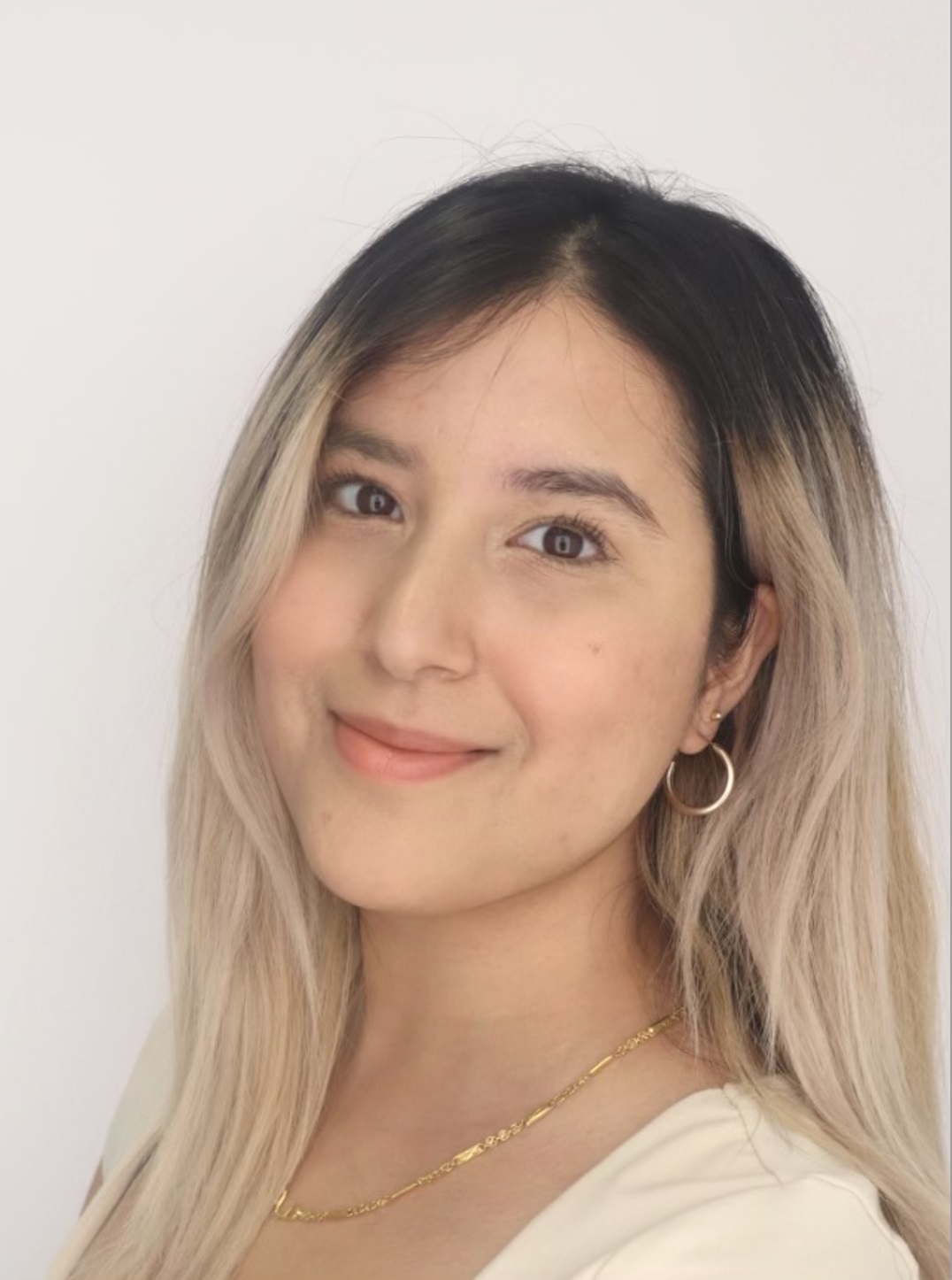
Reshma Niraula
Undergraduate Researcher
Reshma, a pre-medical student in the College of Arts and Sciences, is pursuing a major in biological sciences with a concentration in neurobiology and behavior. Originally from Kathmandu, Nepal, she now resides in Fort Worth, Texas. Her interest in neurobiology was sparked by a personal experience when her grandmother passed away from a brain hemorrhage, igniting a curiosity about neurological traumas. In the lab, Reshma actively participates in hat implant surgeries on mice and performs spike sorting to analyze recorded data. Post-medical school, Reshma aims to specialize in surgery to directly impact patient care. Beyond her research, she serves as a teacher assistant and student advisor while dedicating time to volunteer at hospitals. In her downtime, Reshma enjoys capturing sunsets, walking to get boba, and watching Korean shows.
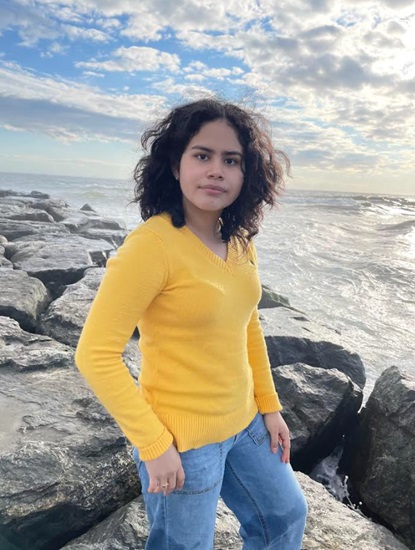
Salma Perez Hernadez
Undergraduate Researcher
Salma is sophomore at the College of Arts and Science, where she is majoring in Biological Sciences with a minor in Classical Studies. Her fascination with the brain began at six years old when she became captivated by the mechanisms of a broken watch. This curiosity developed into a passion for understanding the brain, which is akin to a finely tuned watch, with millions of neurons creating a vast and uncharted cosmos. Salma is eager to explore the complexity of memory consolidation and synaptic pruning to better understand cognitive disorders. She enjoys her free time volunteering at a hospital and clinic back home, as well as reading and knitting. In the lab, she hopes to learn techniques like optogenetics and AAV to study neuronal networks. Her goal is to complete an MD-PhD program, becoming a physician-scientist who translates lab discoveries into patient care improvements; merging clinical practice with research to advance medical knowledge.
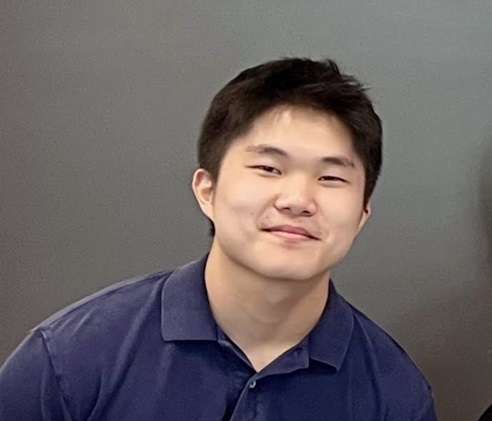
Ryan Joe
Undergraduate Researcher
Ryan is a sophomore from Virginia Beach majoring in biology and concentrating in Neurobiology and Behavior in the College of Arts and Sciences. He became interested in neurobiology in high school when he took a psychology class that emphasized the mechanisms responsible for sleep, emotion, and learning. Having participated in Quizbowl all throughout high school, he is particularly curious about how knowledge of varying complexity is stored and retrieved by the brain. In his free time, he enjoys biking, lifting, and tutoring in math. He aims to enter graduate school after college and obtain an MD or PhD

Maria Aurelio
Undergraduate Researcher
Maria Aurelio is an undergraduate student majoring in Biological Sciences and concentrating in Neurobiology and Behavior in the College of Arts and Sciences. Though originally from the Philippines, she also grew up in Seattle, WA where she first discovered the field of neuroscience in high school thanks to her interest in music. She was always curious about music’s effect on cognition as a violinist, leading her to want to learn more about the hippocampus and gain a biological understanding of how different aspects of memory are encoded in the brain. After college, she hopes to continue pursuing research within an MD and/or PhD program. Outside of school and the lab, she enjoys crocheting, reading, and volunteering around Ithaca!
ALUMNI
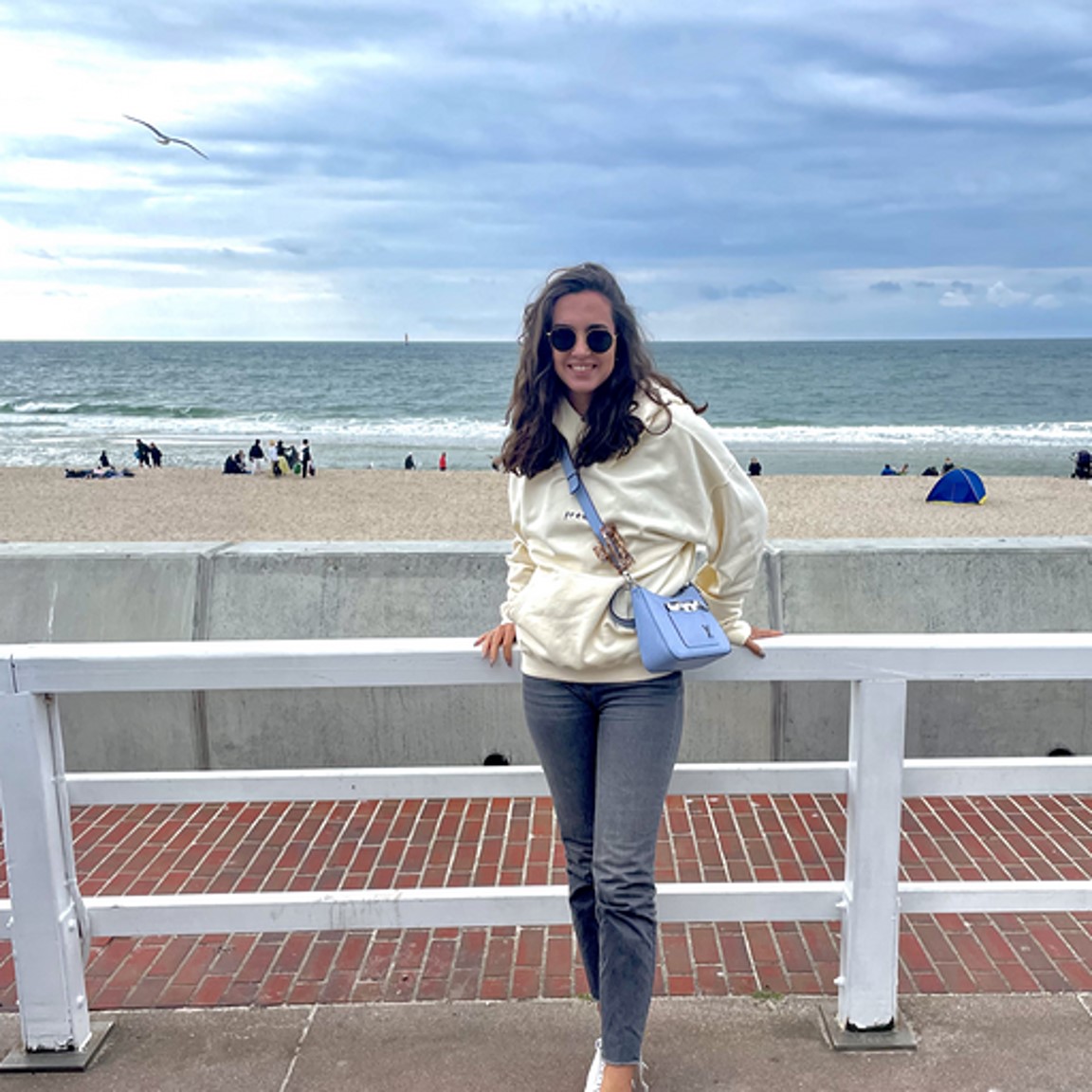
Annabella Wulf
Undergraduate Researcher
Annabella is an undergraduate interested in the molecular and physiological basis of memory. Her research focus on understanding how mice learn and consolidate different types of memory. Annabella is now on to do a Masters at Columbia University.
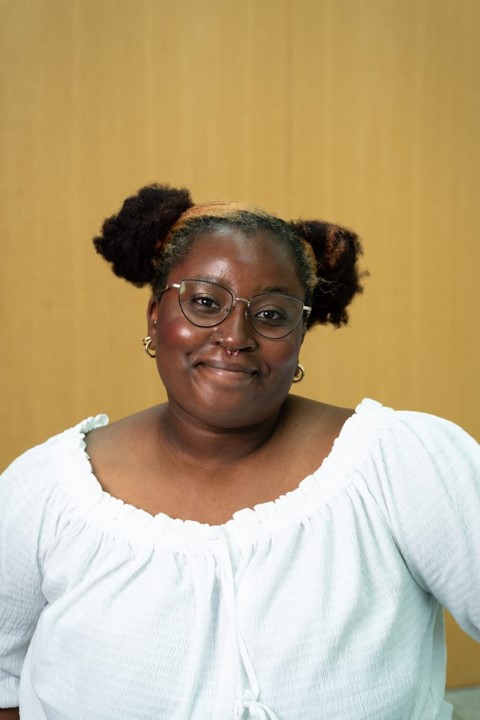
Thoko Nyasulu
Undergraduate Researcher
Thoko is a undergraduate interested in the molecular and physiological basis of memory from a system neuroscience perspective. Her research focus on understanding how mice learn to perform different types of spatial tasks and how hippocampal patterns that encode this behavior change during sleep. Thoko is now a Research Specialist at Princeton University.
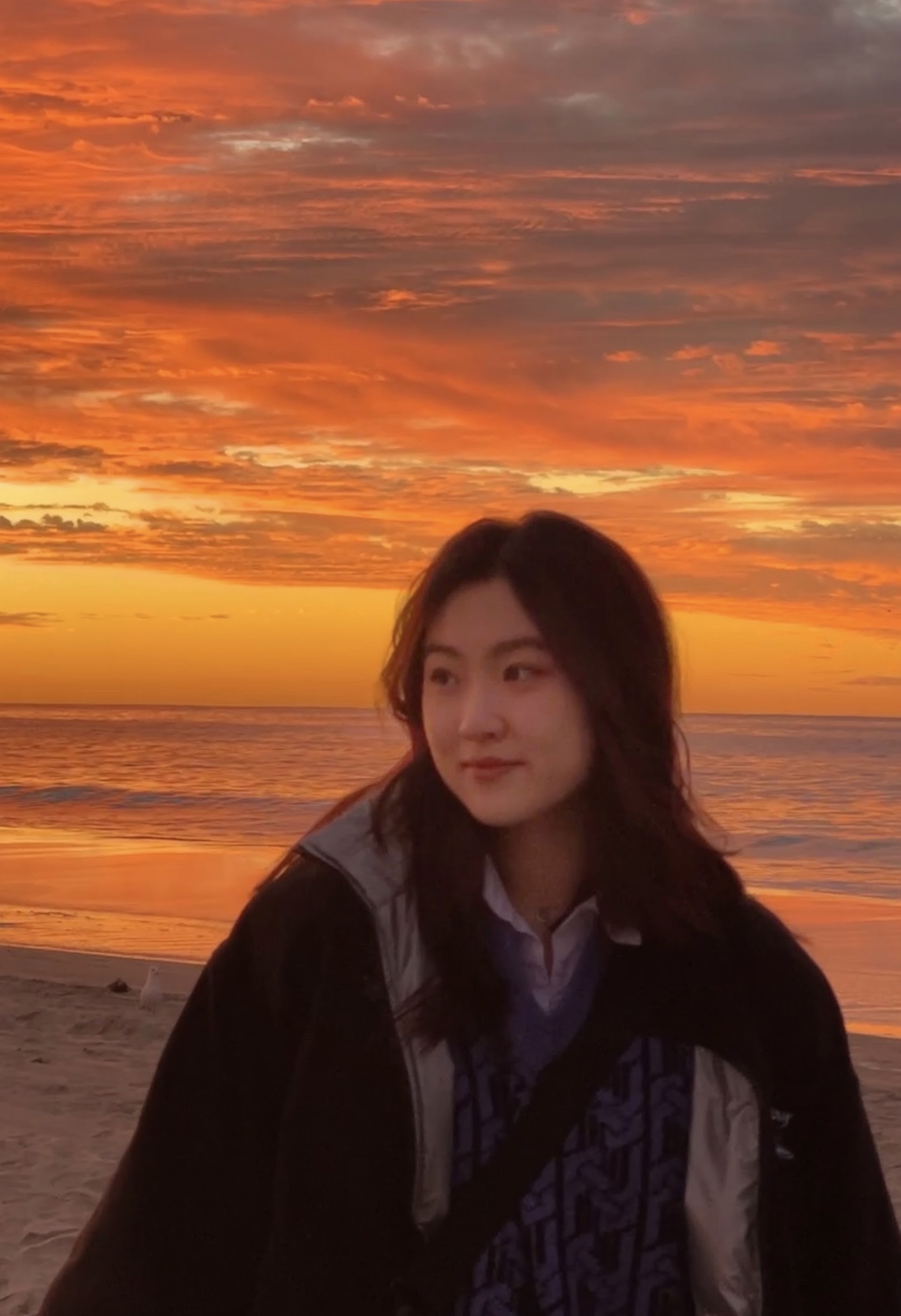
Shelly Dong
Undergraduate Researcher
Shelly is a sophomore in the College of Agriculture and Life Sciences, where she is pursuing a major in Biological Sciences with a concentration in Neurobiology and Behavior. Her fascination with Neuroscience began in high school when she attended a neuroscientist’s talk, and she has since developed a strong passion for the field. To her, Neuroscience feels like a scientific version of magic, blending elements of real-life science fiction with the complexities of the brain and nervous system. Shelly is particularly interested in the areas of learning, memories, emotions, and mental disorders. In the lab, she enjoys acquiring new skills and techniques, and she also likes spending time with everyone’s favorite doggo, Penelope.
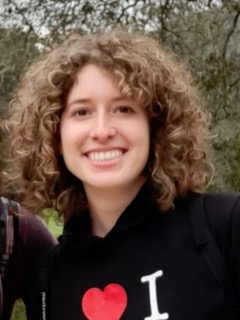
Teresa Romero Barragan
Visiting PhD Student
Teresa visited our lab while she was a graduate student in Neuroscience at Pablo de Olavide University, Seville (Spain), where she also completed her degree in Biotechnology and Master’s degree in Neuroscience and Behavioral Biology. She investigated the trans-synaptic effects of long-term potentiation (LTP) in the mice hippocampus by using electrophysiological techniques. In our lab, she specialized in running behavioral assays of mice performing a visual guided task, doing electrophysiological recordings and analysis of brain signals.
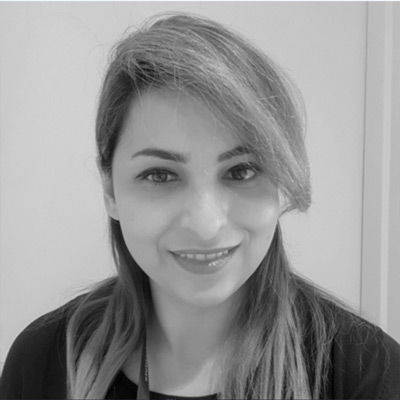
Farnaz Sharif, PhD
Postdoctoral Associate
Farnaz investigated how various subpopulations of the hippocampal region support the different features of spatial navigation and memory.
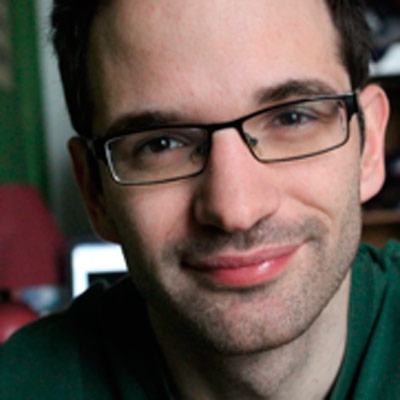
Gergo A. Nagy
Research Associate
Gergo used closed-loop optogenetics, silicon probe recordings and molecular tools to investigate the role of sharp-wave ripples in learning and memory. He is currently a PhD student in the laboratory of Dr. Norbert Hajos.
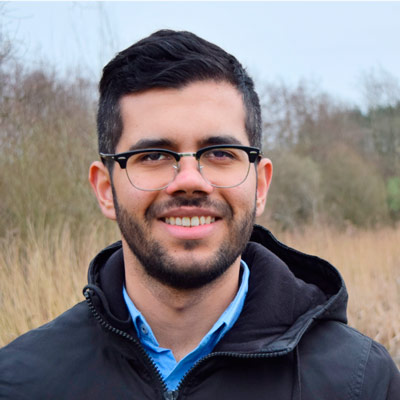
Eliezyer Fermino de Oliveira
Master student
Eli investigated the role of specific manipulations of sharp-wave ripples in disrupting and improving memory. He is currently a PhD student in the laboratory of Dr. Luke Sjulson at Albert Einstein College of Medicine.
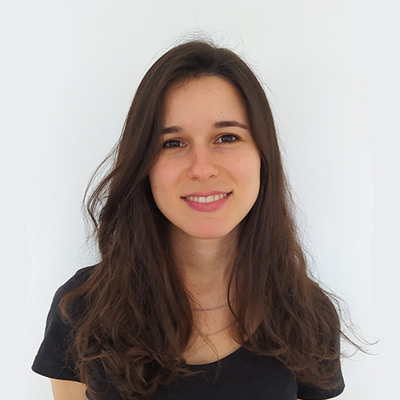
Florbela da Rocha Almeida
Visiting PhD student
Flor investigated how the hippocampus and entorhinal areas coordinate during learning spatial and object-oriented tasks. She is currently a PhD student at the University of Pablo de Olavide in Sevilla.
